Just like any living creature, leopard geckos are susceptible to health issues that can sometimes puzzle their owners. One such concern is the development of foggy or cloudy eyes. In this blog, we'll delve into the reasons behind this phenomenon and explore what you can do to ensure the well-being of your scaly friend.
While the primary function of these structures might not be the same as mammalian eyelashes, they do serve important purposes for crested geckos:
Shedding Process: Leopard geckos, like all reptiles, regularly shed their skin as they grow. During this process, their eyes might appear cloudy or foggy. This cloudiness is actually a build-up of fluid between the old and new layers of skin. Once the shedding is complete, the eyes should regain their clarity.
Stuck Shed: Sometimes, parts of the shed skin might remain adhered to the eyes, leading to a hazy appearance. This situation not only affects their vision but can also result in discomfort. Providing a humid hide – a shelter with higher humidity levels – can aid in preventing such situations.
Inadequate Humidity: Leopard geckos are native to arid regions, but they still require some level of humidity to maintain healthy skin and eye conditions. Inadequate humidity can cause the eyes to become dry, potentially leading to cloudy eyes. Monitoring and adjusting the terrarium's humidity levels can help prevent this issue.
Infection or Injury: Just like humans, leopard geckos can experience eye infections or injuries. Bacterial or fungal infections can cause the eyes to appear cloudy. Additionally, minor injuries, such as accidental scratches from rough cage decor, can result in a similar appearance. If you suspect an infection or injury, consulting a veterinarian experienced with reptiles is crucial.
Underlying Health Issues: Sometimes, foggy eyes can be a symptom of an underlying health problem, such as a respiratory infection or metabolic disorder. These conditions can compromise the gecko's overall health and should be addressed promptly by a professional.
Aging: As leopard geckos age, they might develop certain age-related changes, including changes in eye clarity. While some cloudiness might be natural, any sudden or severe changes should be investigated further.
Foggy eyes in leopard geckos might appear perplexing at first, but with a solid understanding of the potential causes, preventive measures, and appropriate care, you can help ensure your gecko's well-being. Regular monitoring, proper husbandry, and prompt veterinary attention when necessary are key to maintaining a healthy and happy leopard gecko companion.
Given that, many reptile owners utilize the products listed below to help prevent the problem of cloudy eyes.
While the primary function of these structures might not be the same as mammalian eyelashes, they do serve important purposes for crested geckos:
Shedding Process: Leopard geckos, like all reptiles, regularly shed their skin as they grow. During this process, their eyes might appear cloudy or foggy. This cloudiness is actually a build-up of fluid between the old and new layers of skin. Once the shedding is complete, the eyes should regain their clarity.
Stuck Shed: Sometimes, parts of the shed skin might remain adhered to the eyes, leading to a hazy appearance. This situation not only affects their vision but can also result in discomfort. Providing a humid hide – a shelter with higher humidity levels – can aid in preventing such situations.
Inadequate Humidity: Leopard geckos are native to arid regions, but they still require some level of humidity to maintain healthy skin and eye conditions. Inadequate humidity can cause the eyes to become dry, potentially leading to cloudy eyes. Monitoring and adjusting the terrarium's humidity levels can help prevent this issue.
Infection or Injury: Just like humans, leopard geckos can experience eye infections or injuries. Bacterial or fungal infections can cause the eyes to appear cloudy. Additionally, minor injuries, such as accidental scratches from rough cage decor, can result in a similar appearance. If you suspect an infection or injury, consulting a veterinarian experienced with reptiles is crucial.
Underlying Health Issues: Sometimes, foggy eyes can be a symptom of an underlying health problem, such as a respiratory infection or metabolic disorder. These conditions can compromise the gecko's overall health and should be addressed promptly by a professional.
Aging: As leopard geckos age, they might develop certain age-related changes, including changes in eye clarity. While some cloudiness might be natural, any sudden or severe changes should be investigated further.
Foggy eyes in leopard geckos might appear perplexing at first, but with a solid understanding of the potential causes, preventive measures, and appropriate care, you can help ensure your gecko's well-being. Regular monitoring, proper husbandry, and prompt veterinary attention when necessary are key to maintaining a healthy and happy leopard gecko companion.
Given that, many reptile owners utilize the products listed below to help prevent the problem of cloudy eyes.




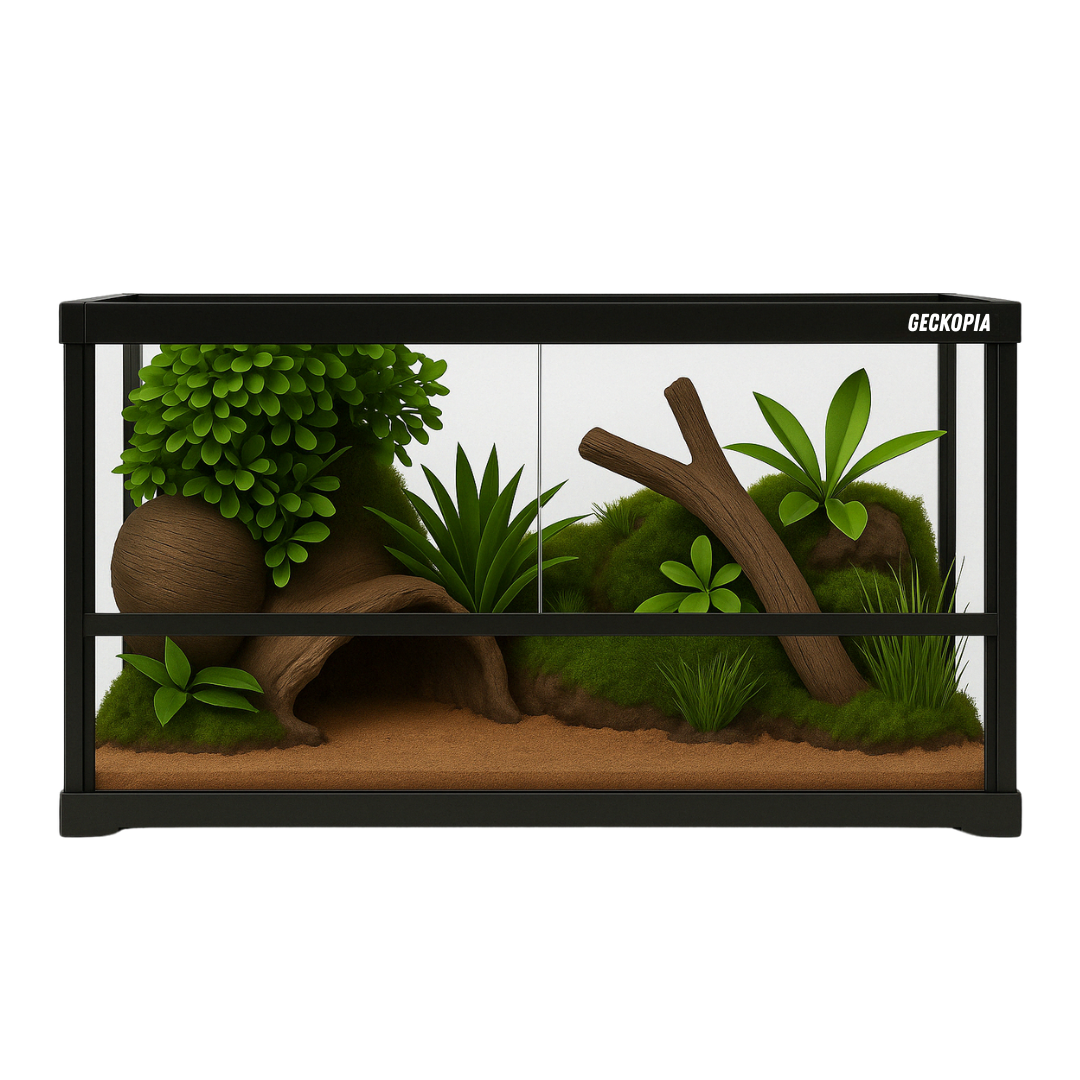
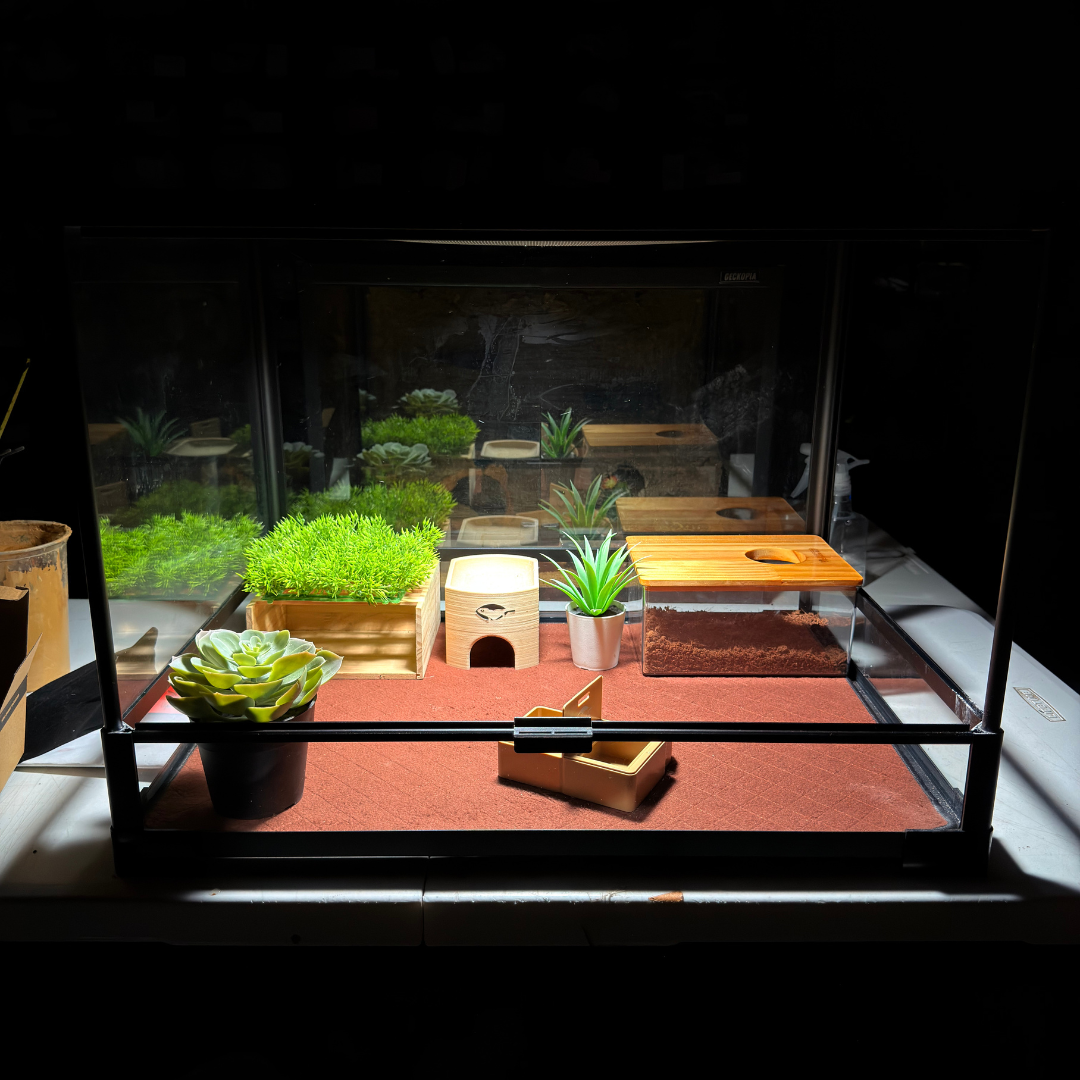
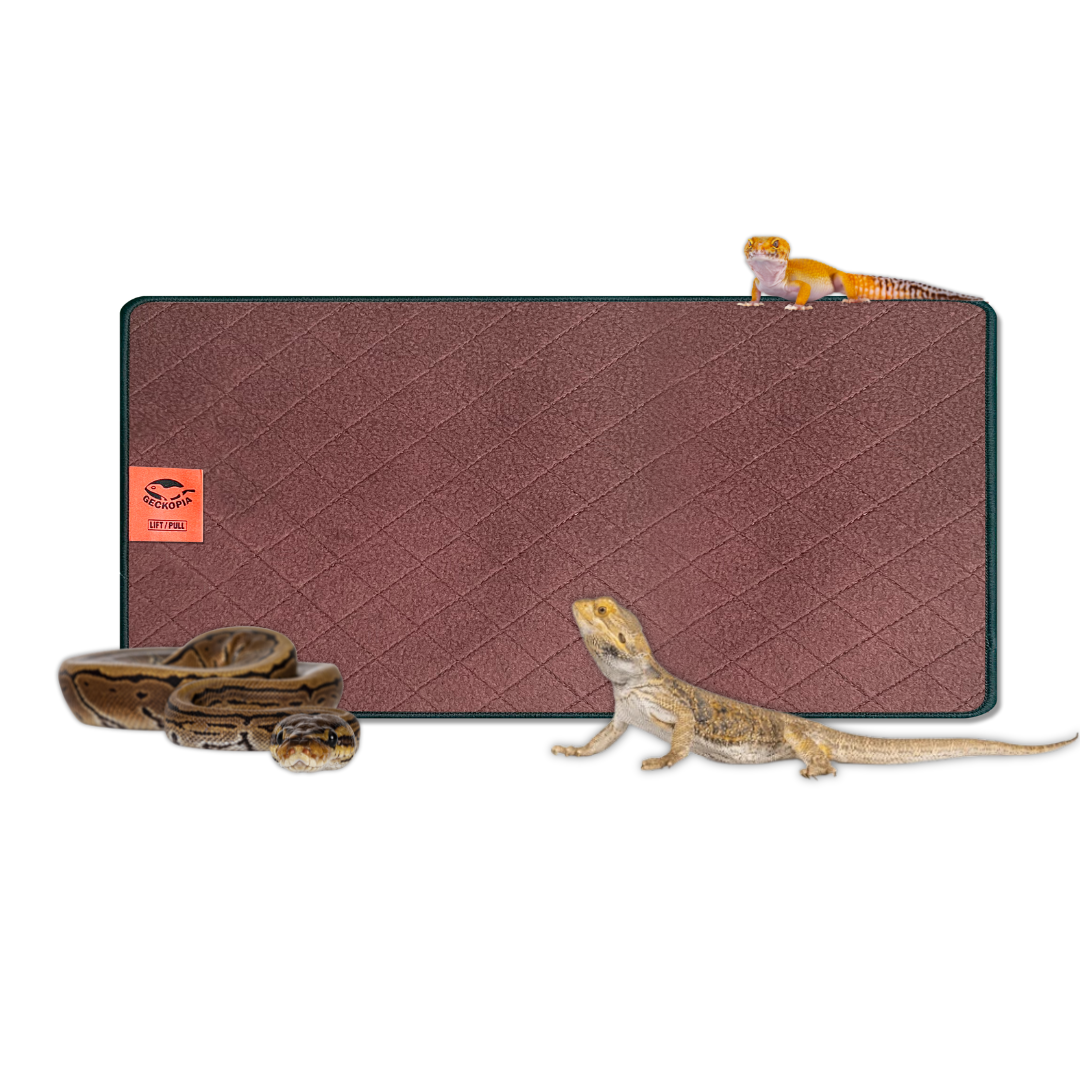
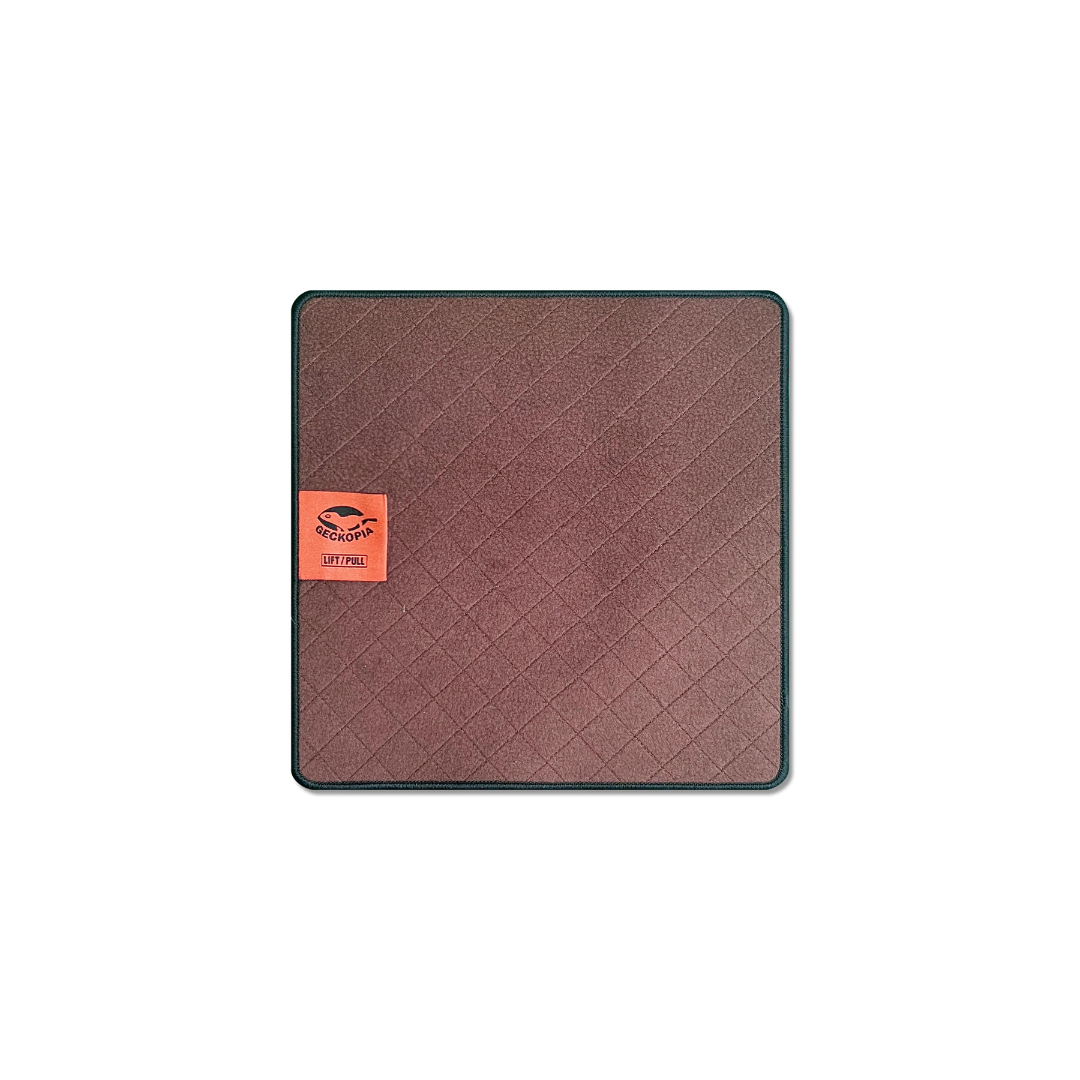
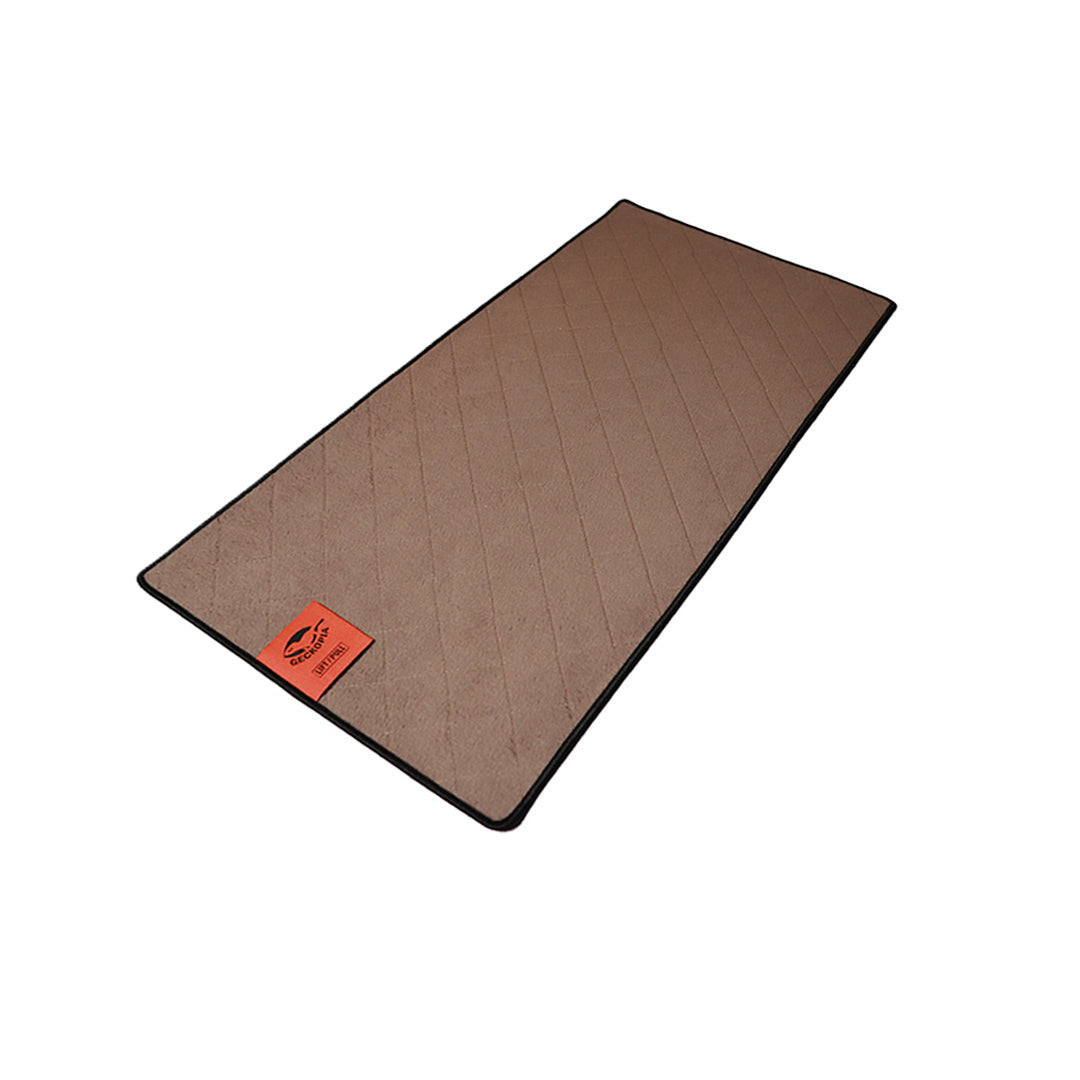

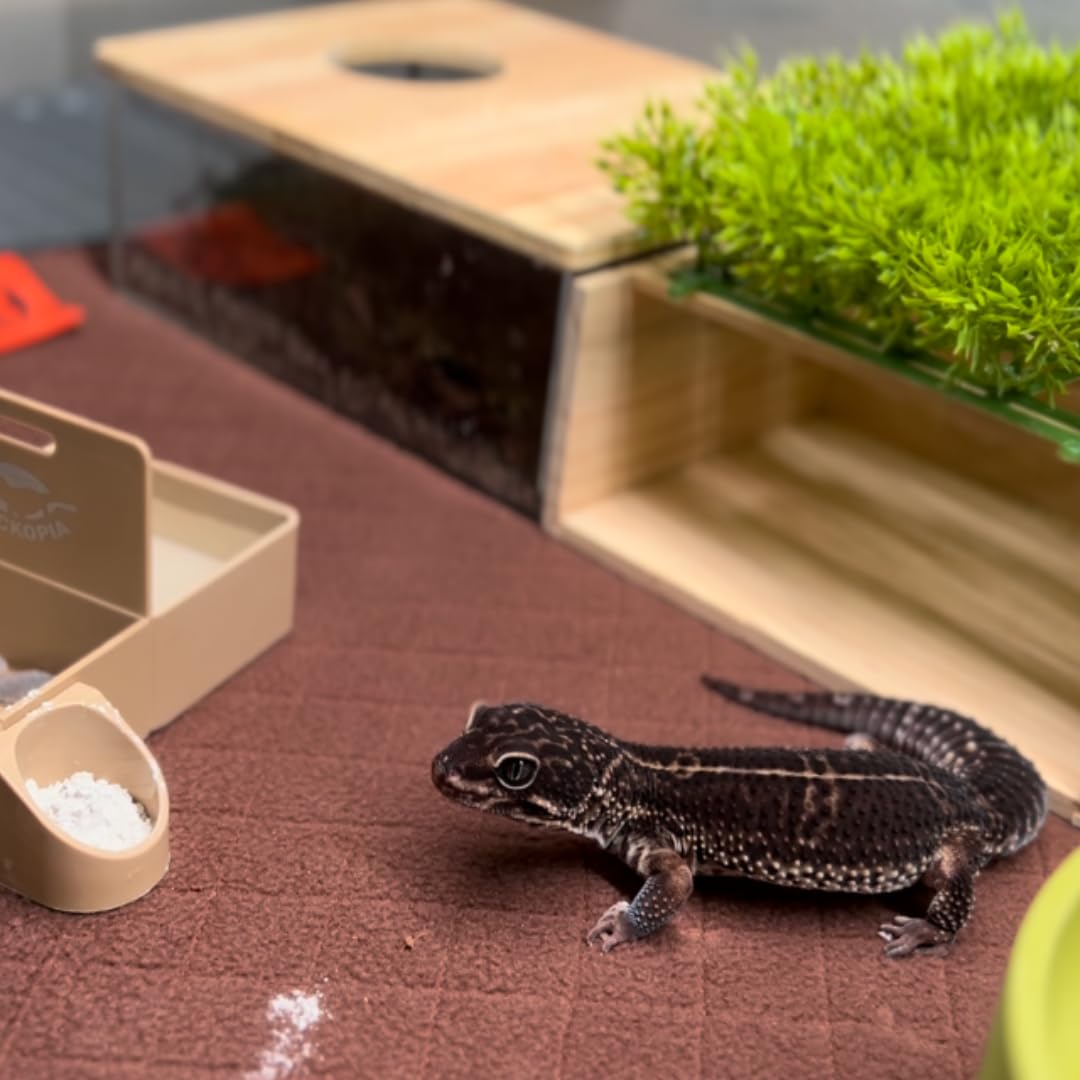
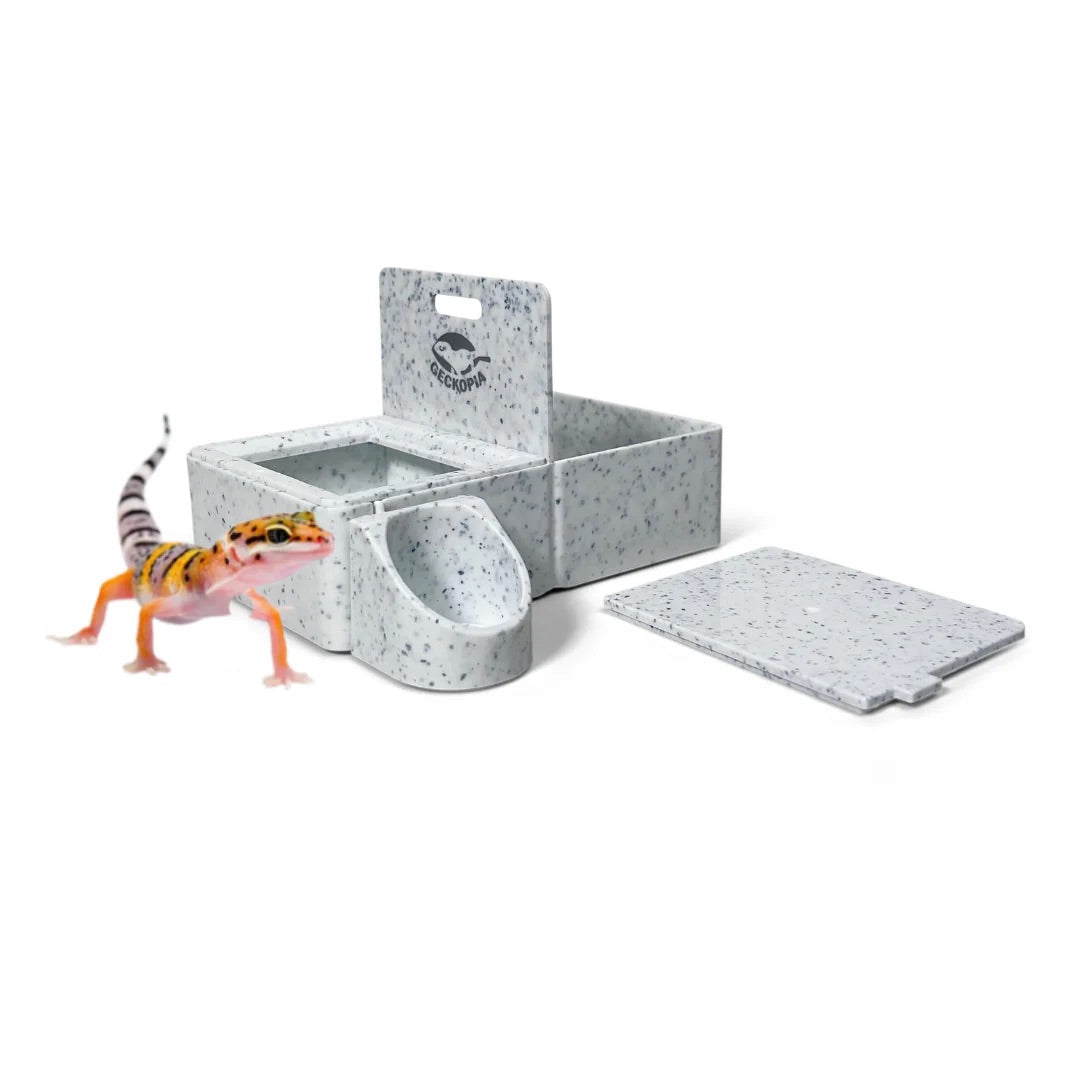

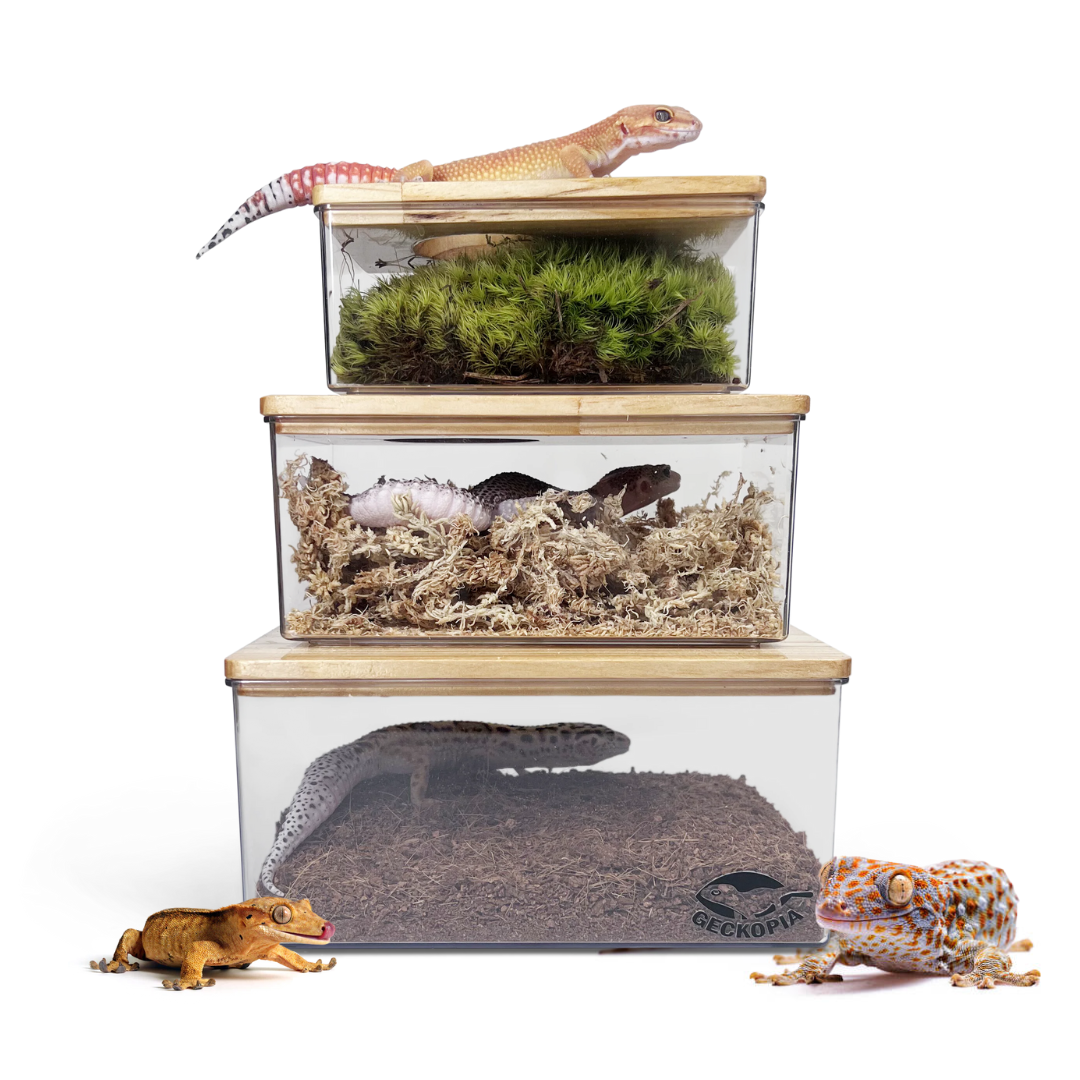


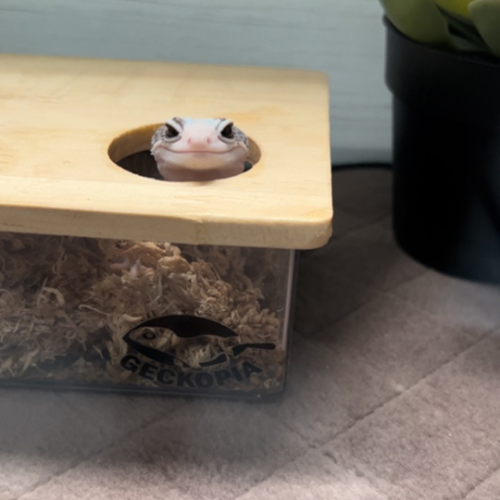
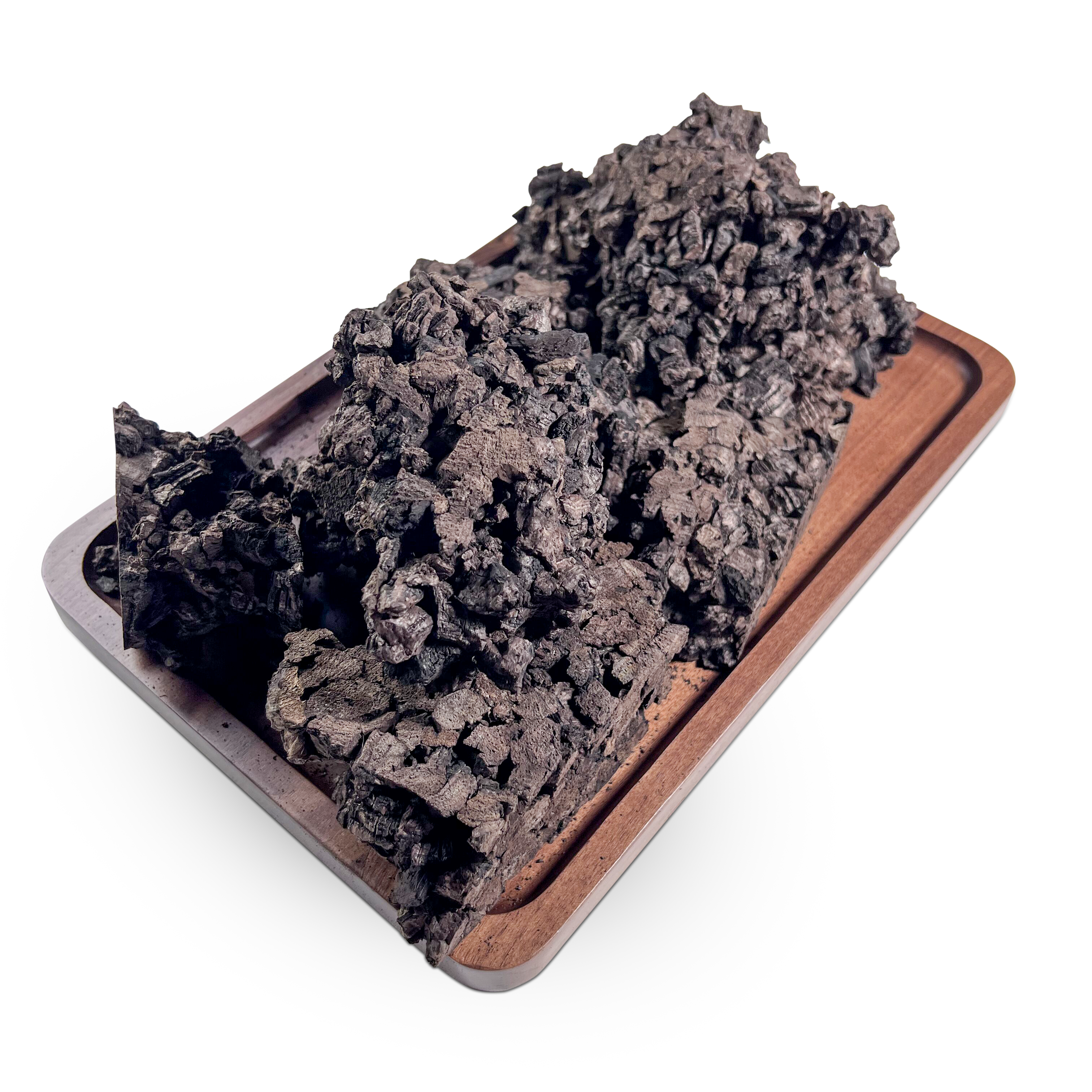

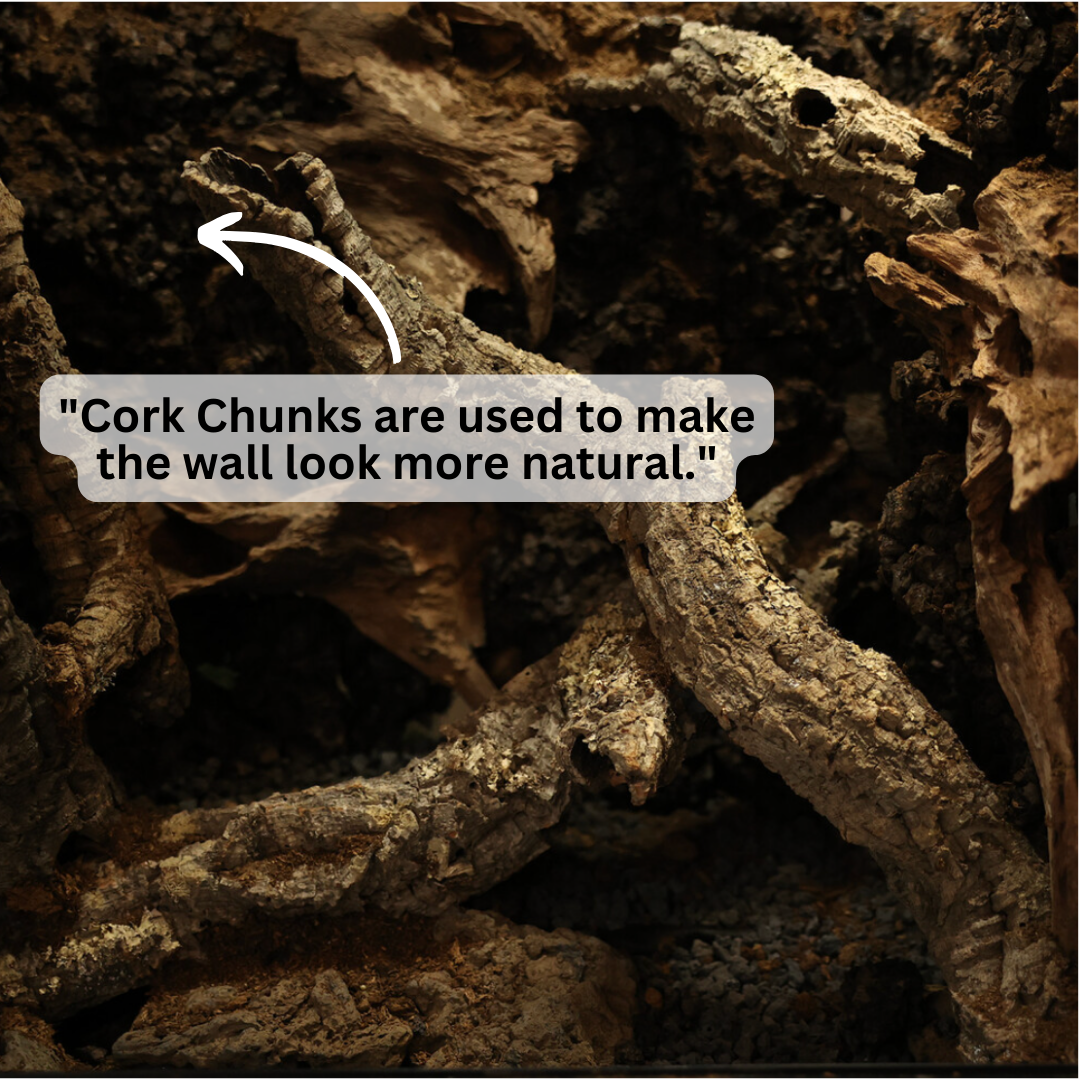

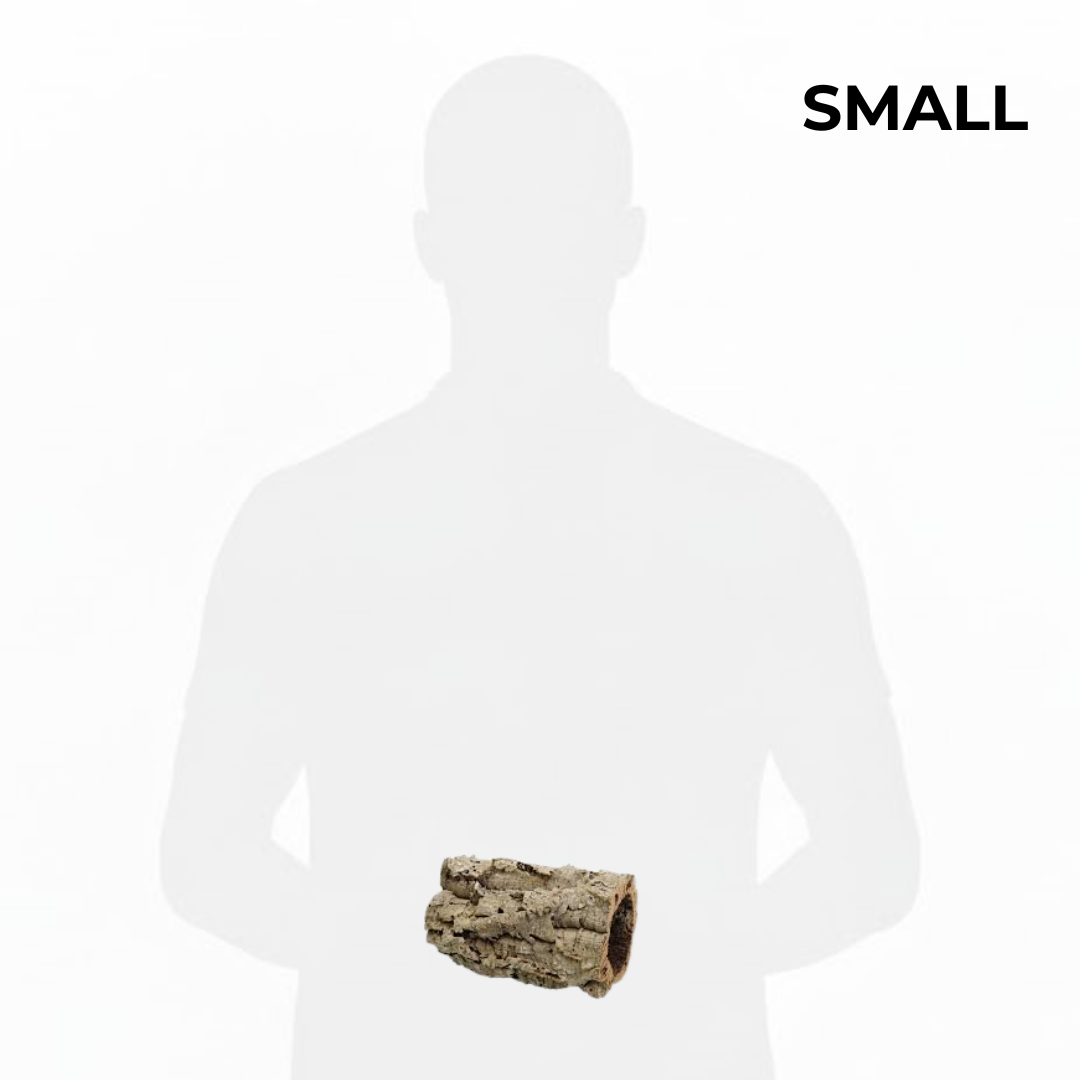
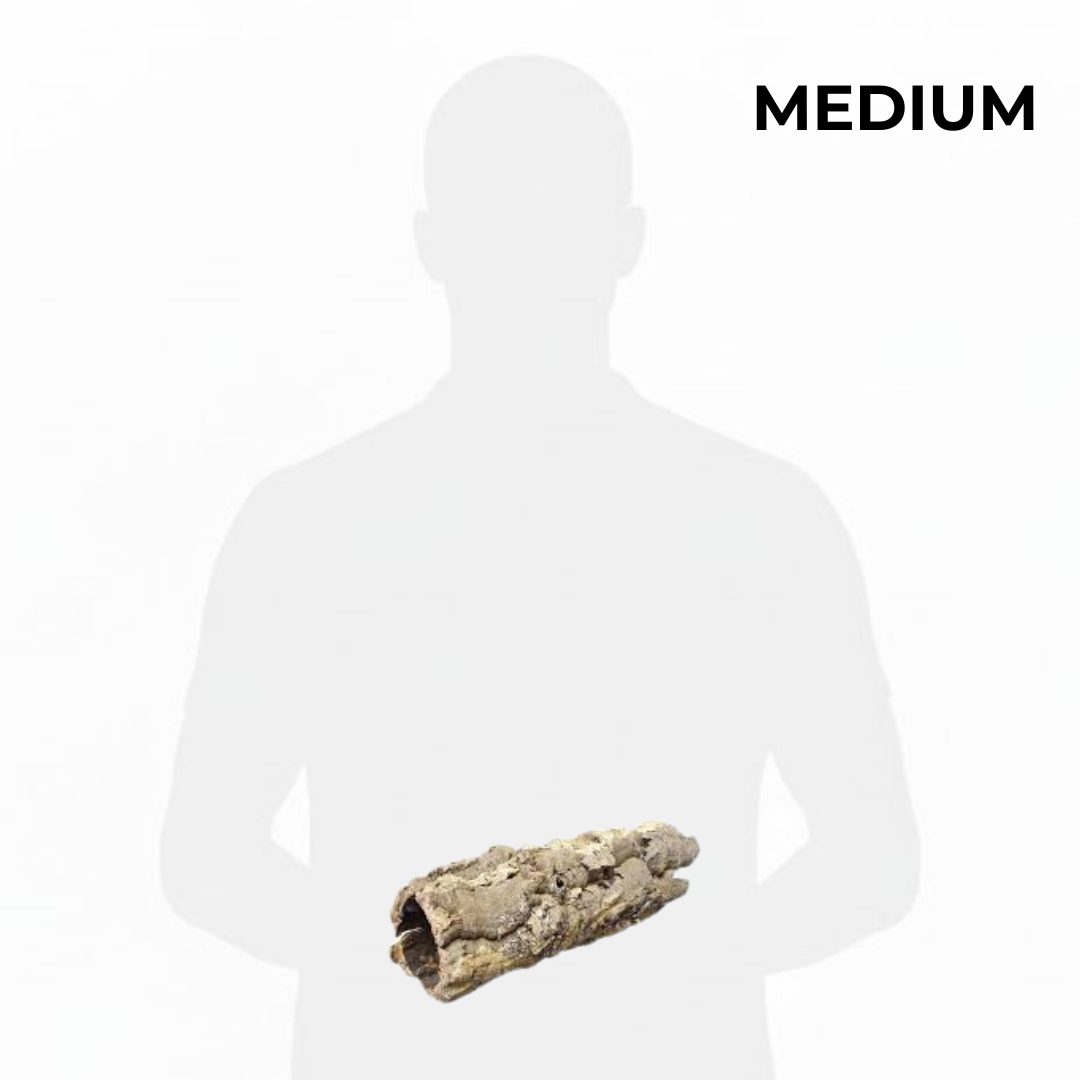
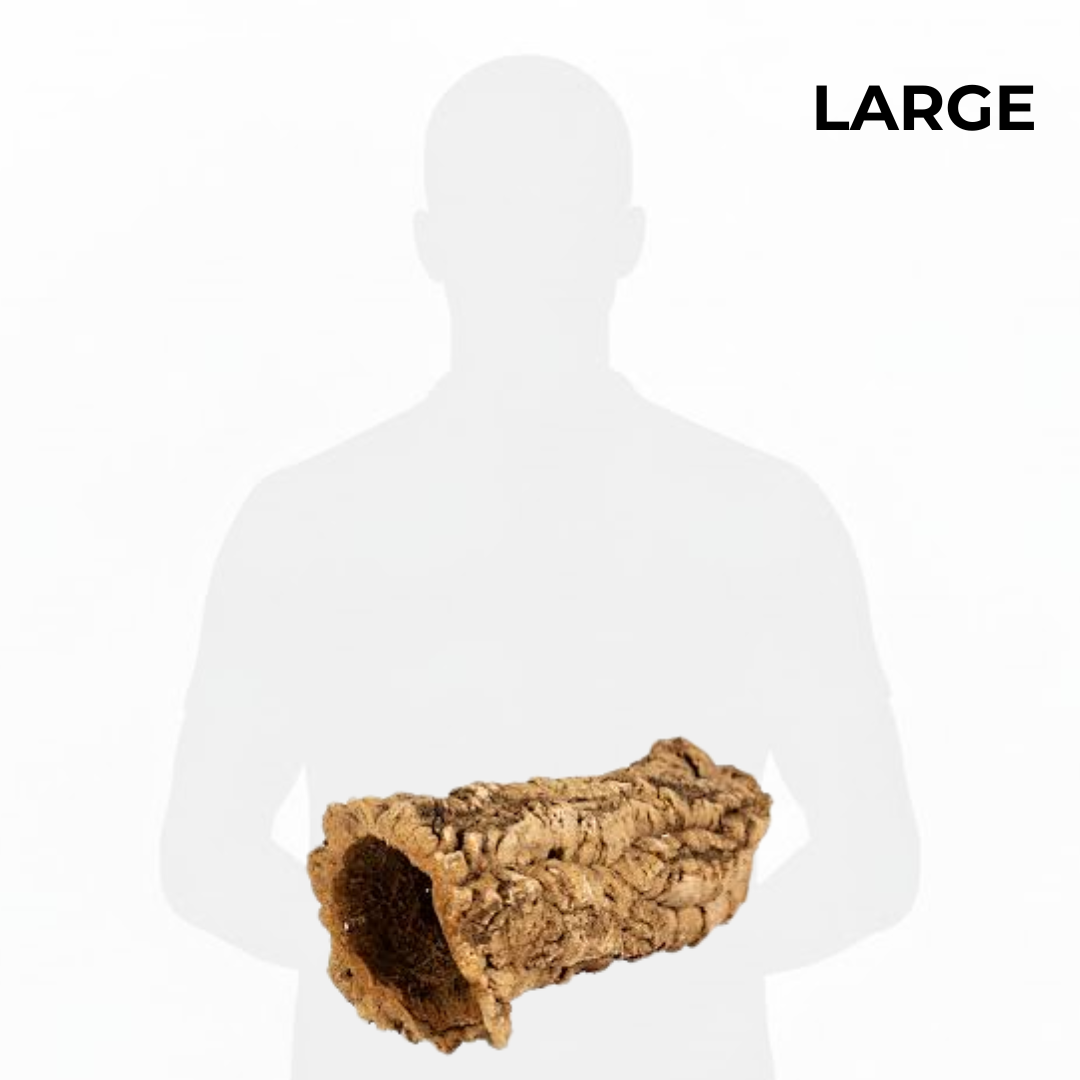
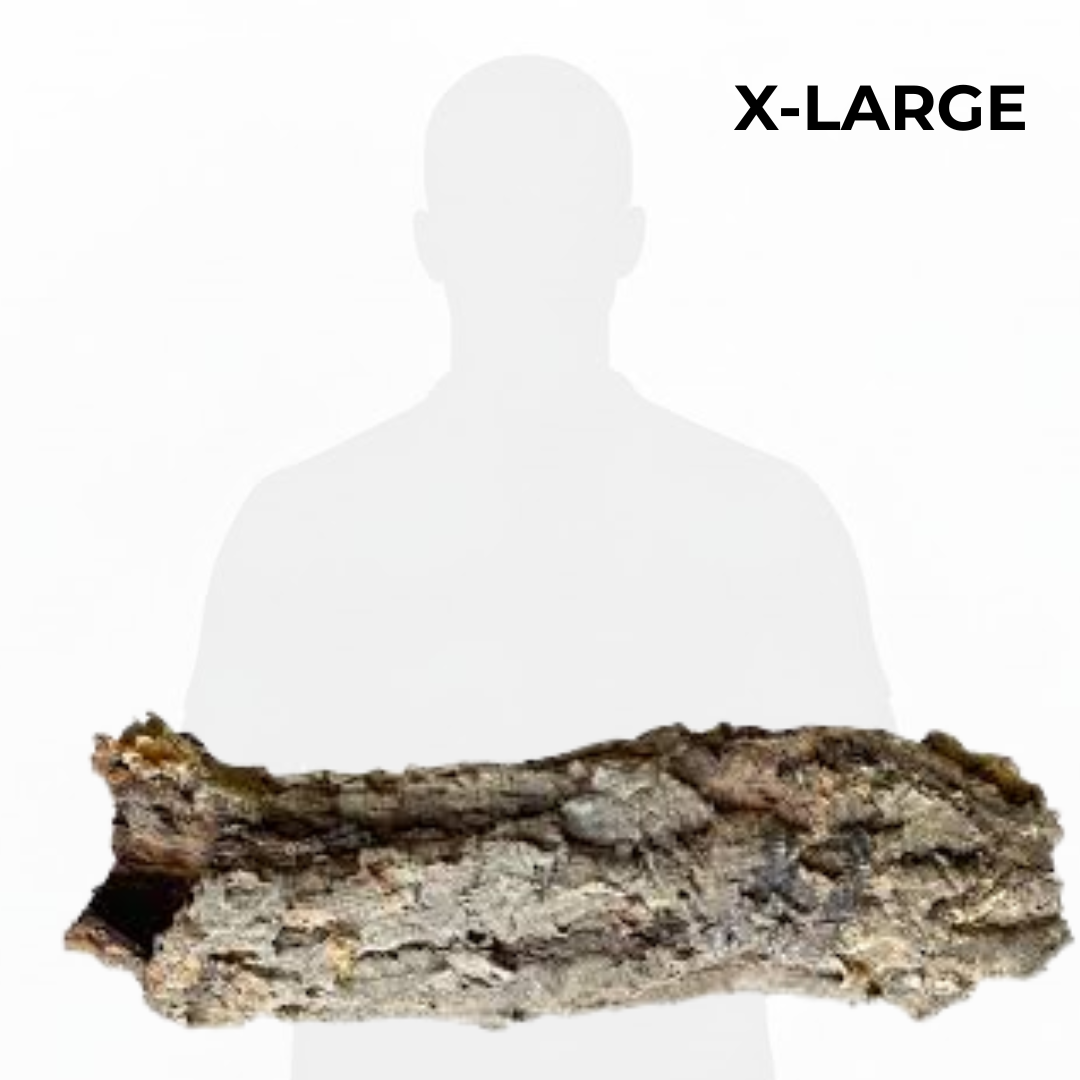
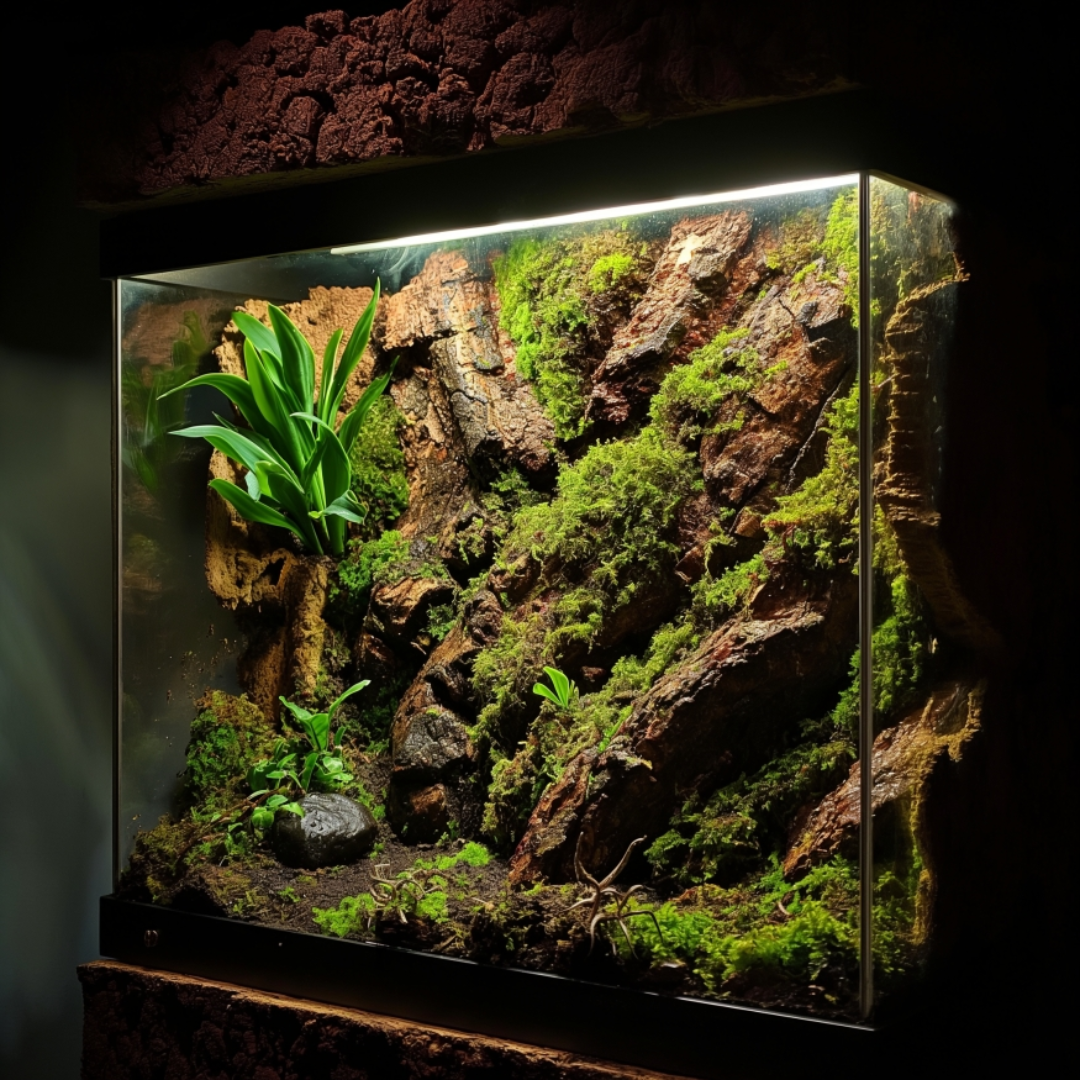
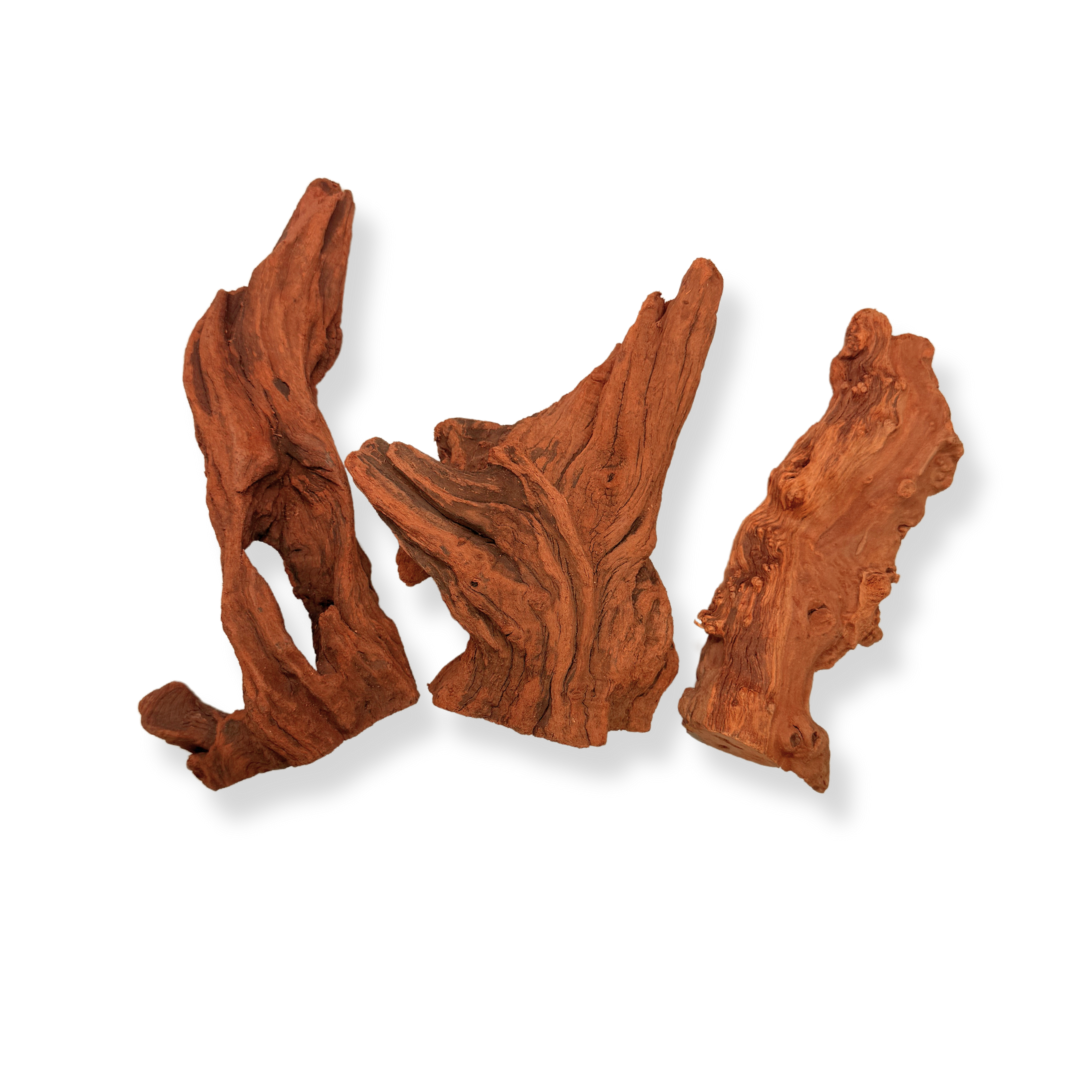
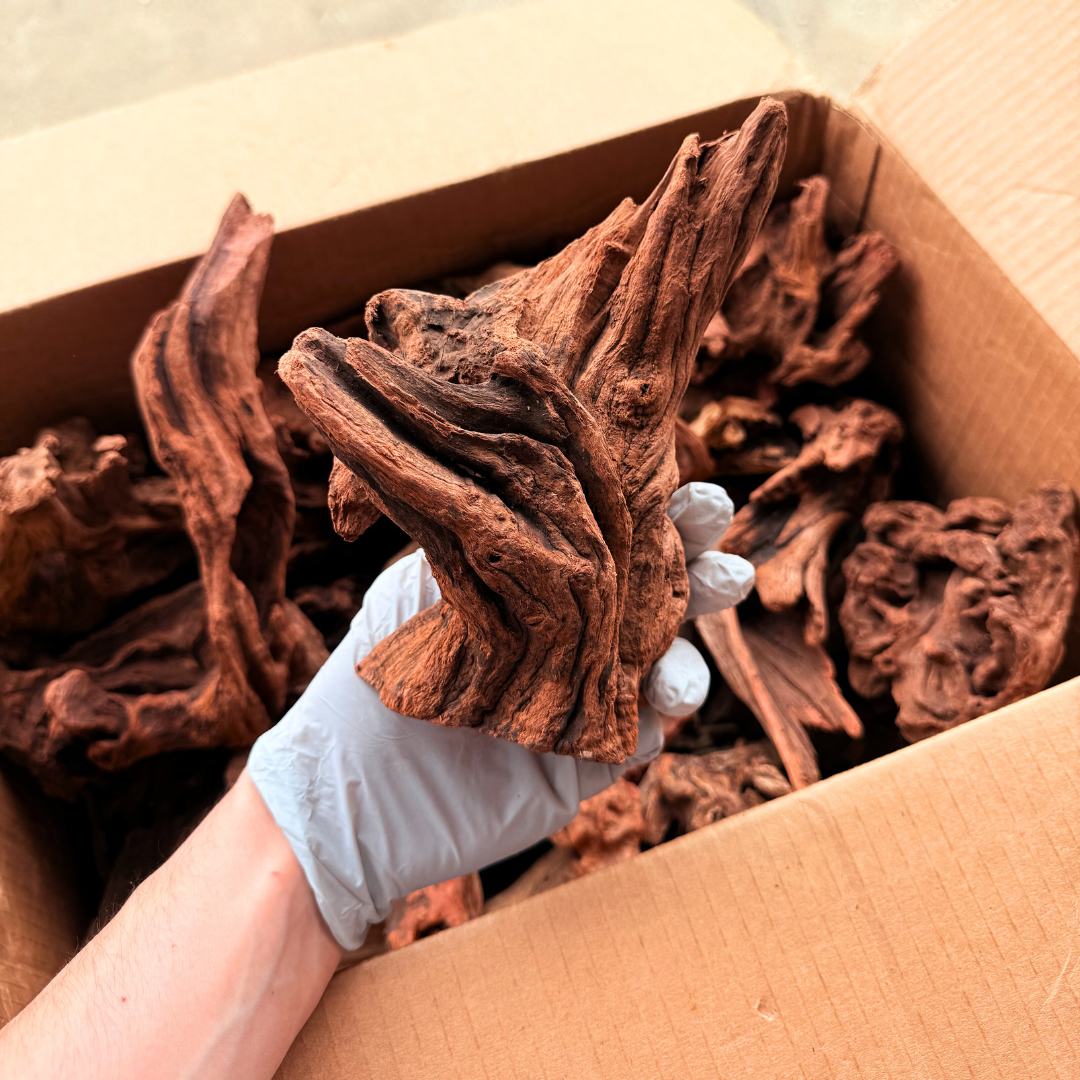







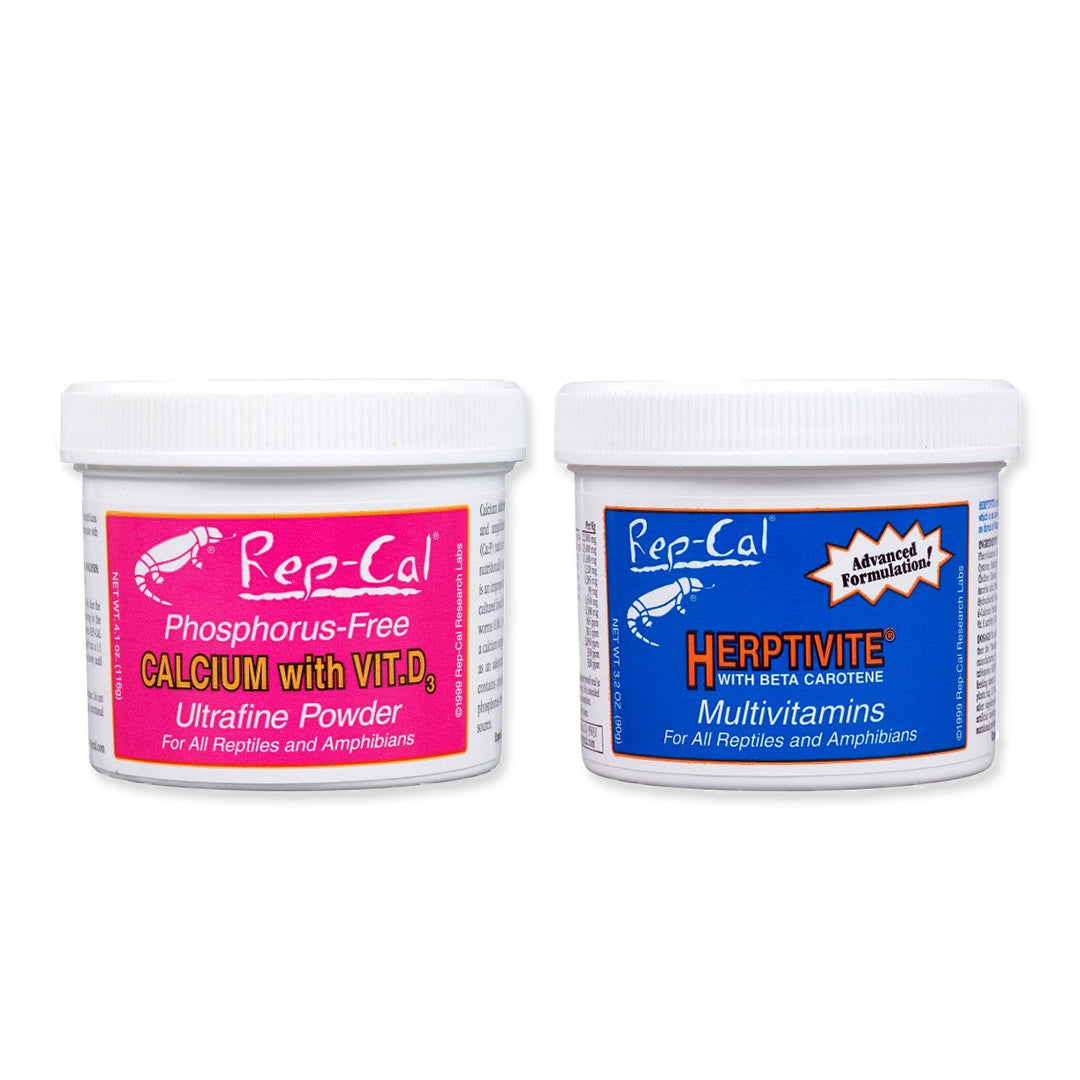


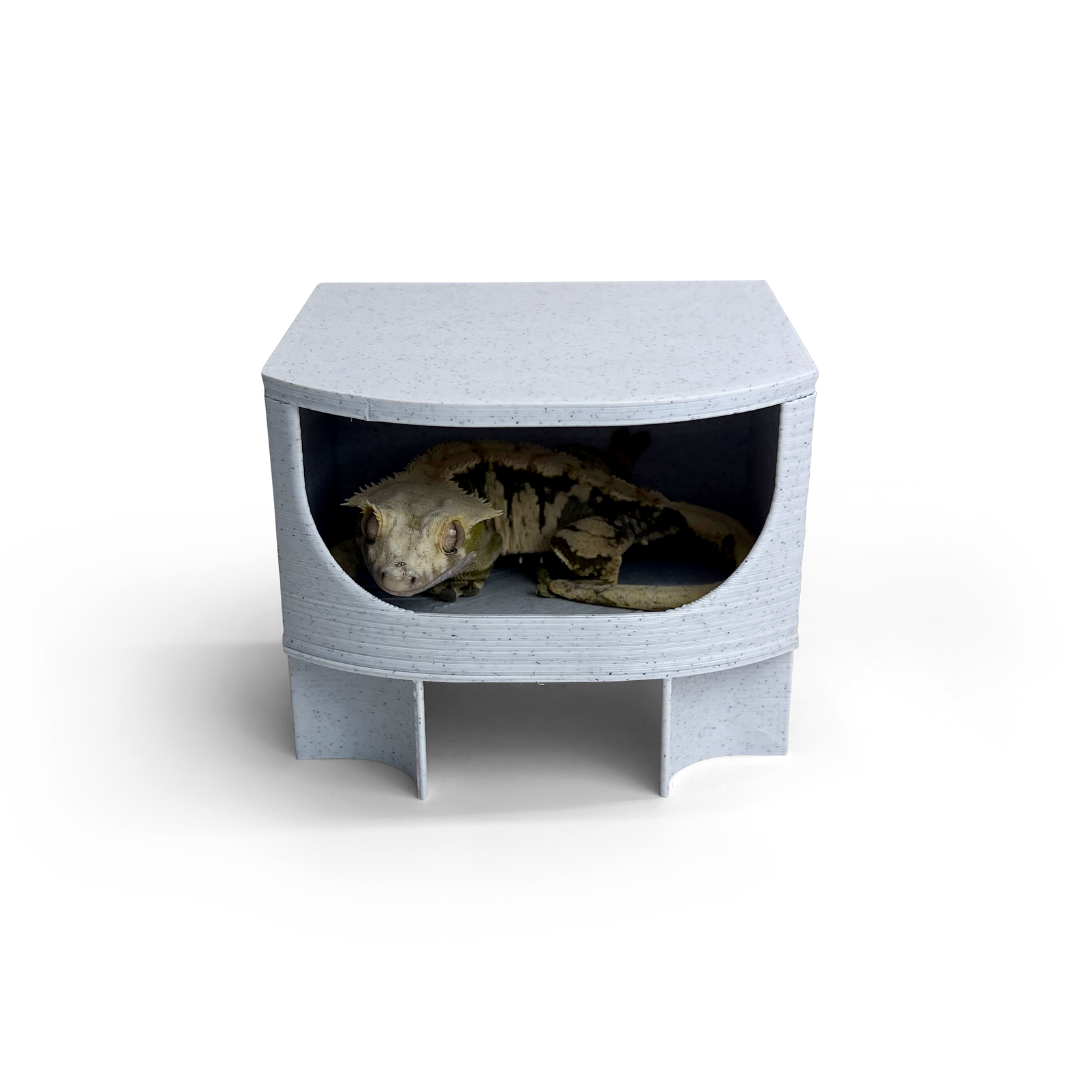
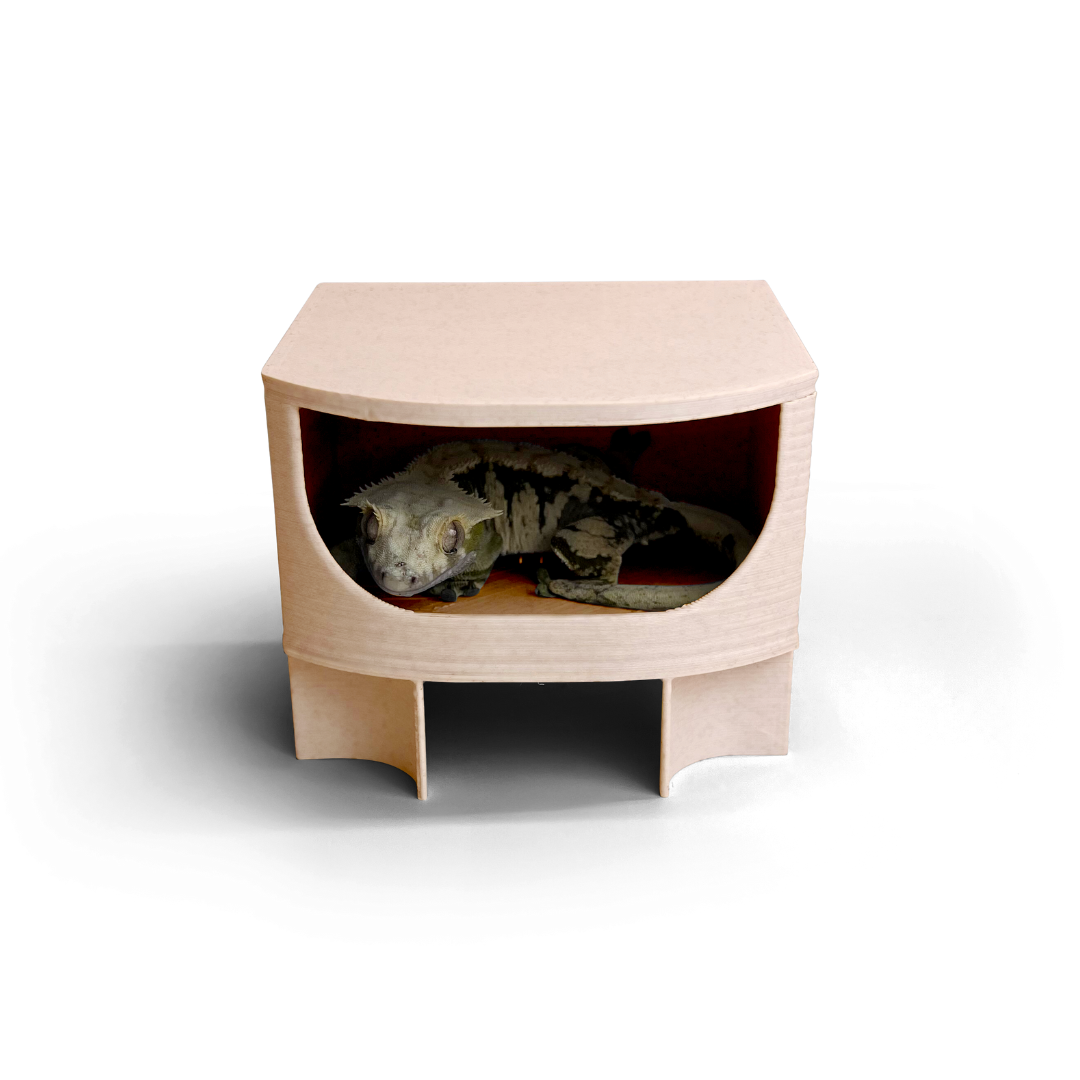
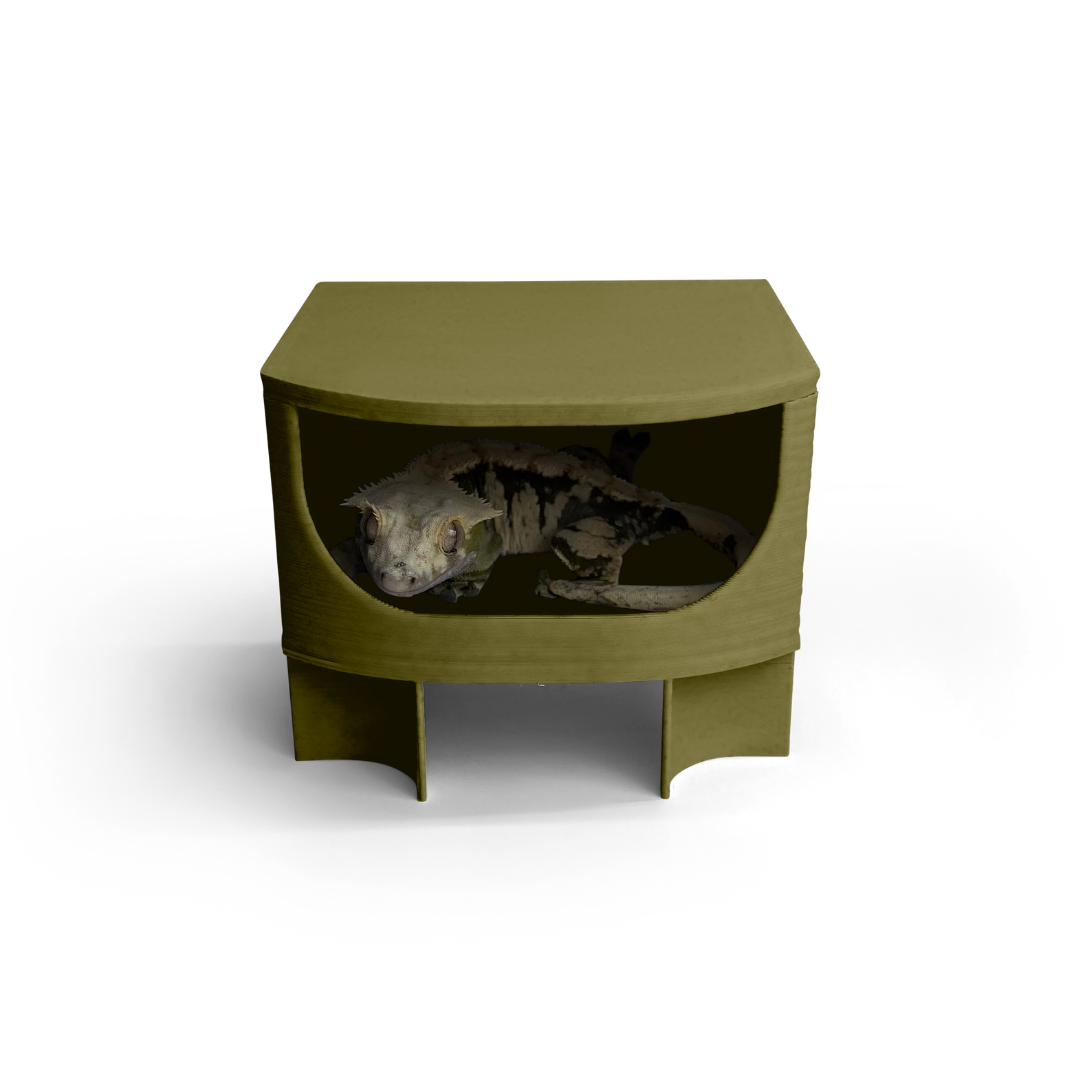
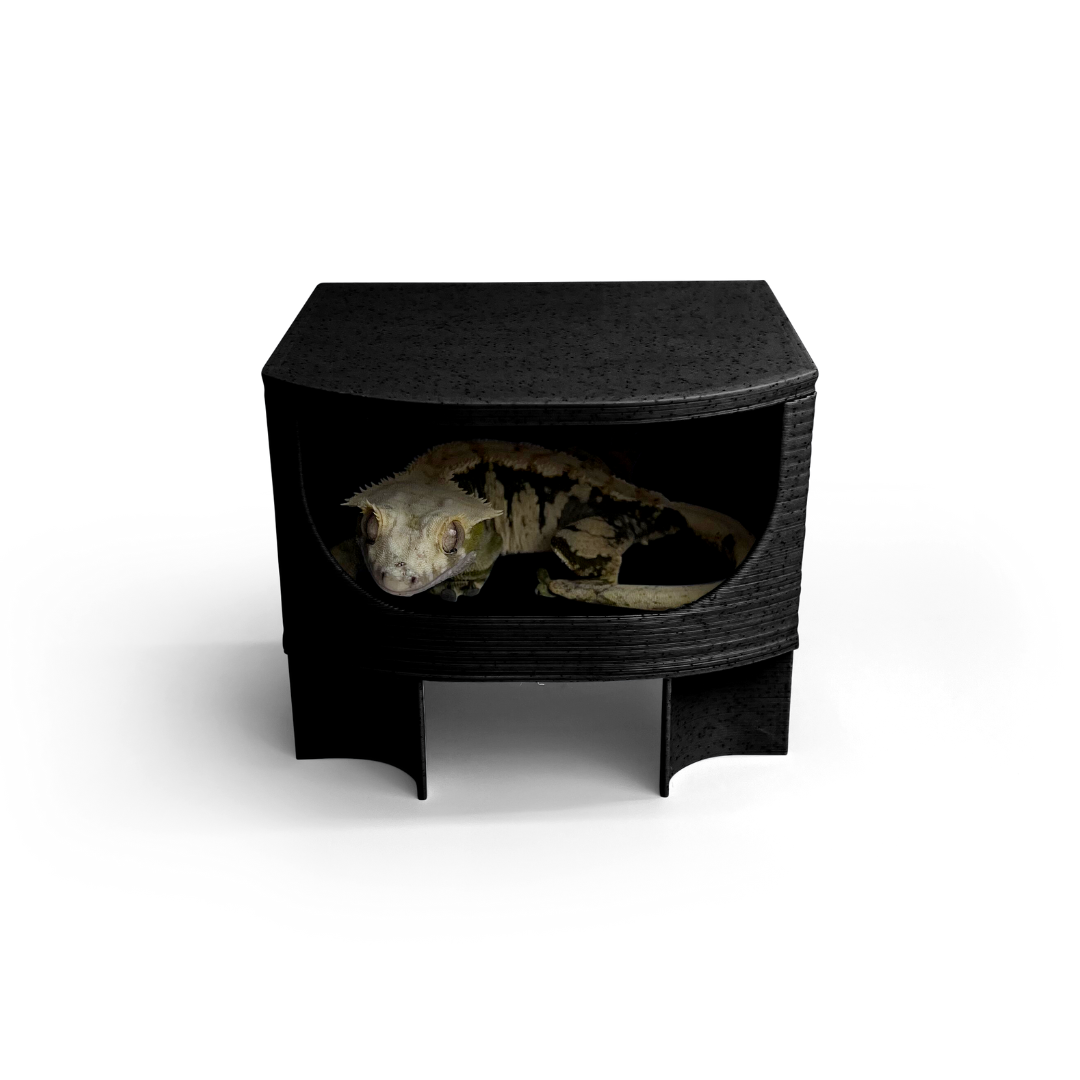
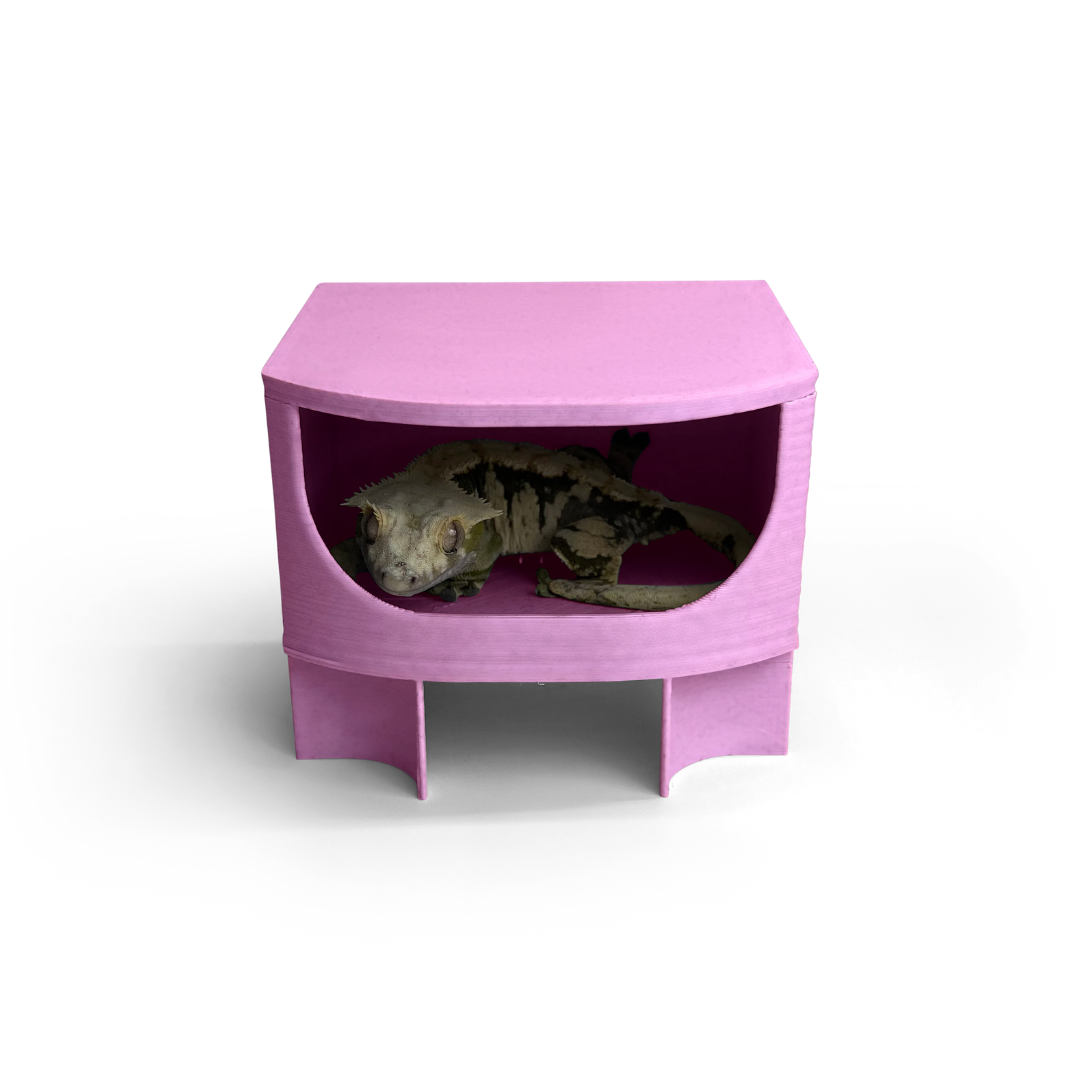
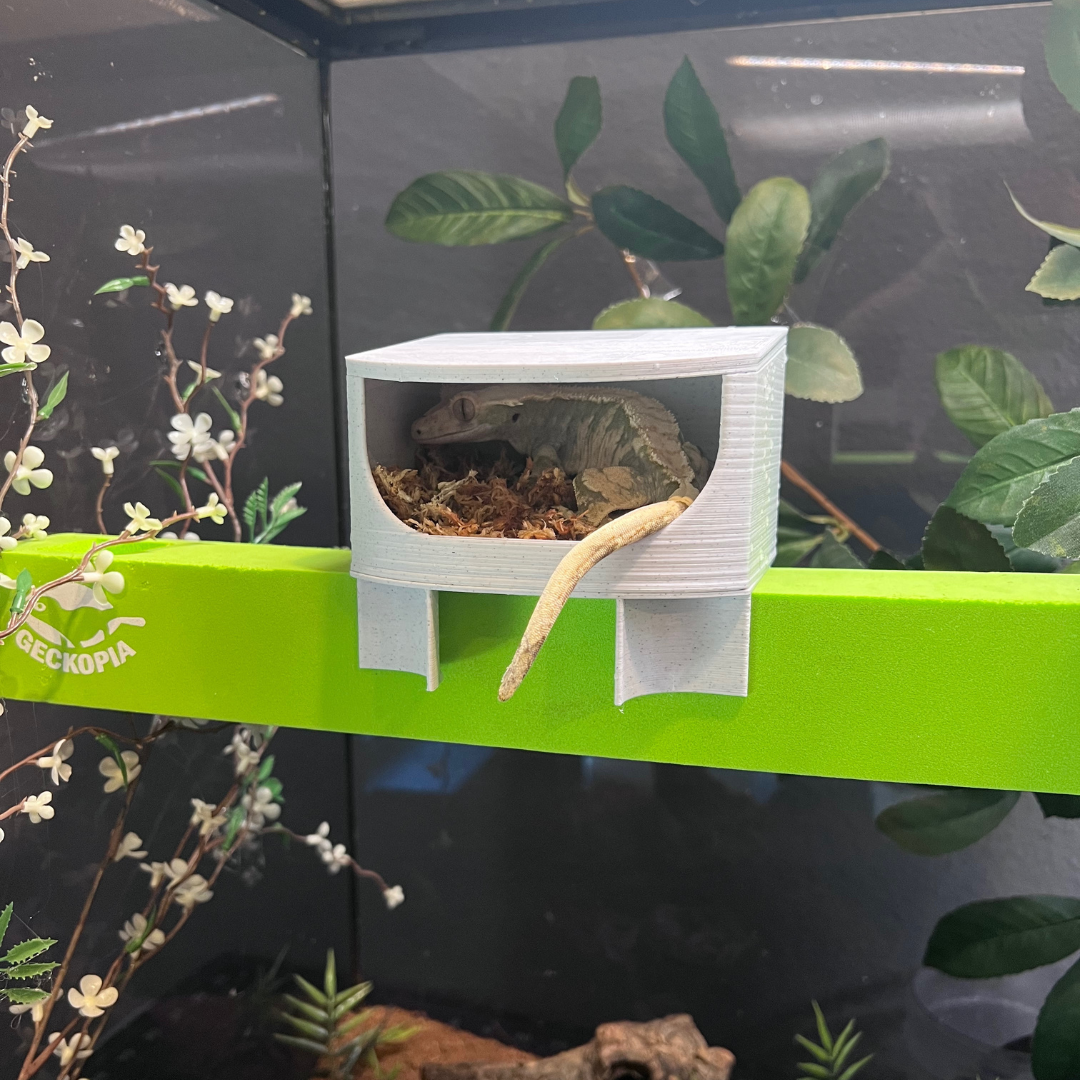
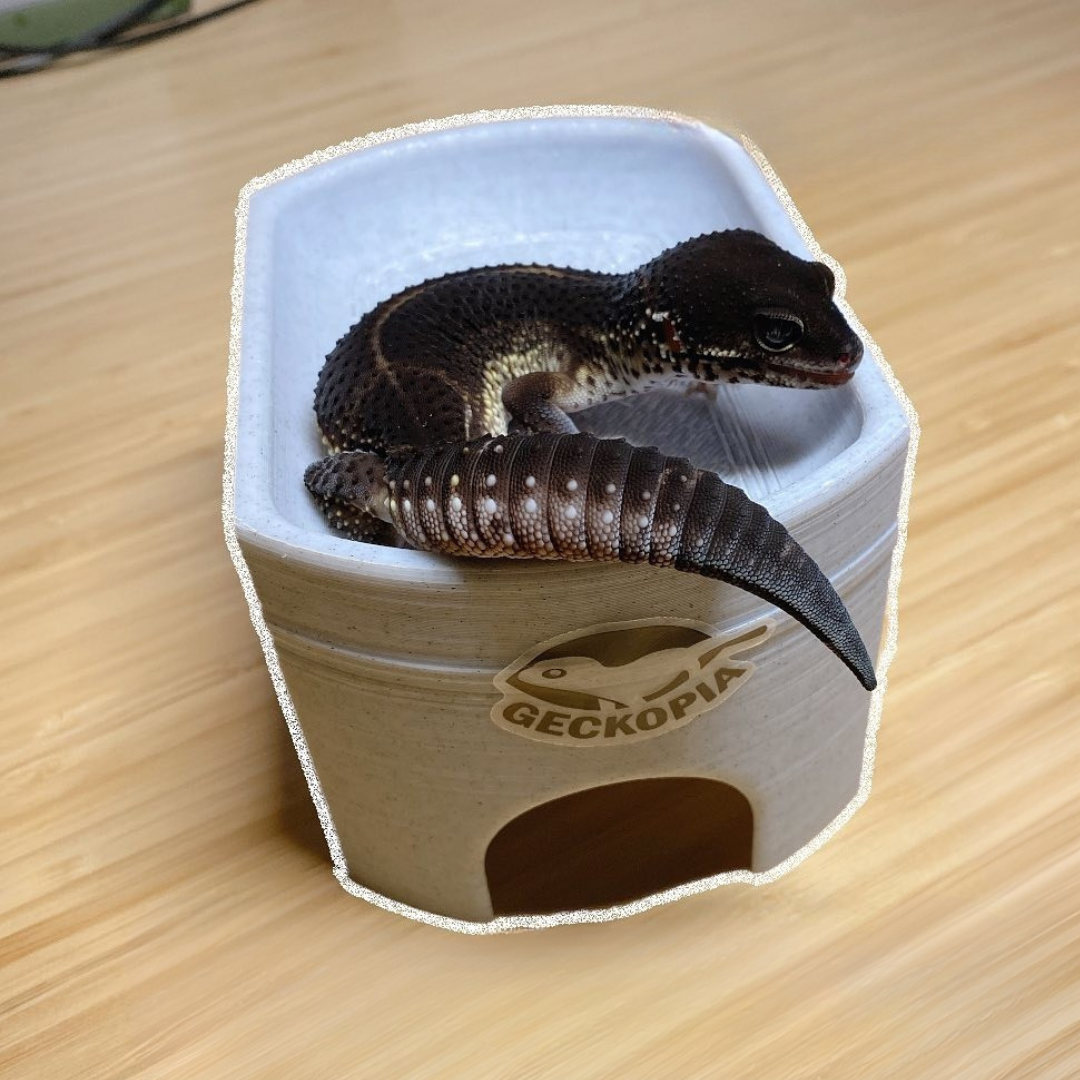
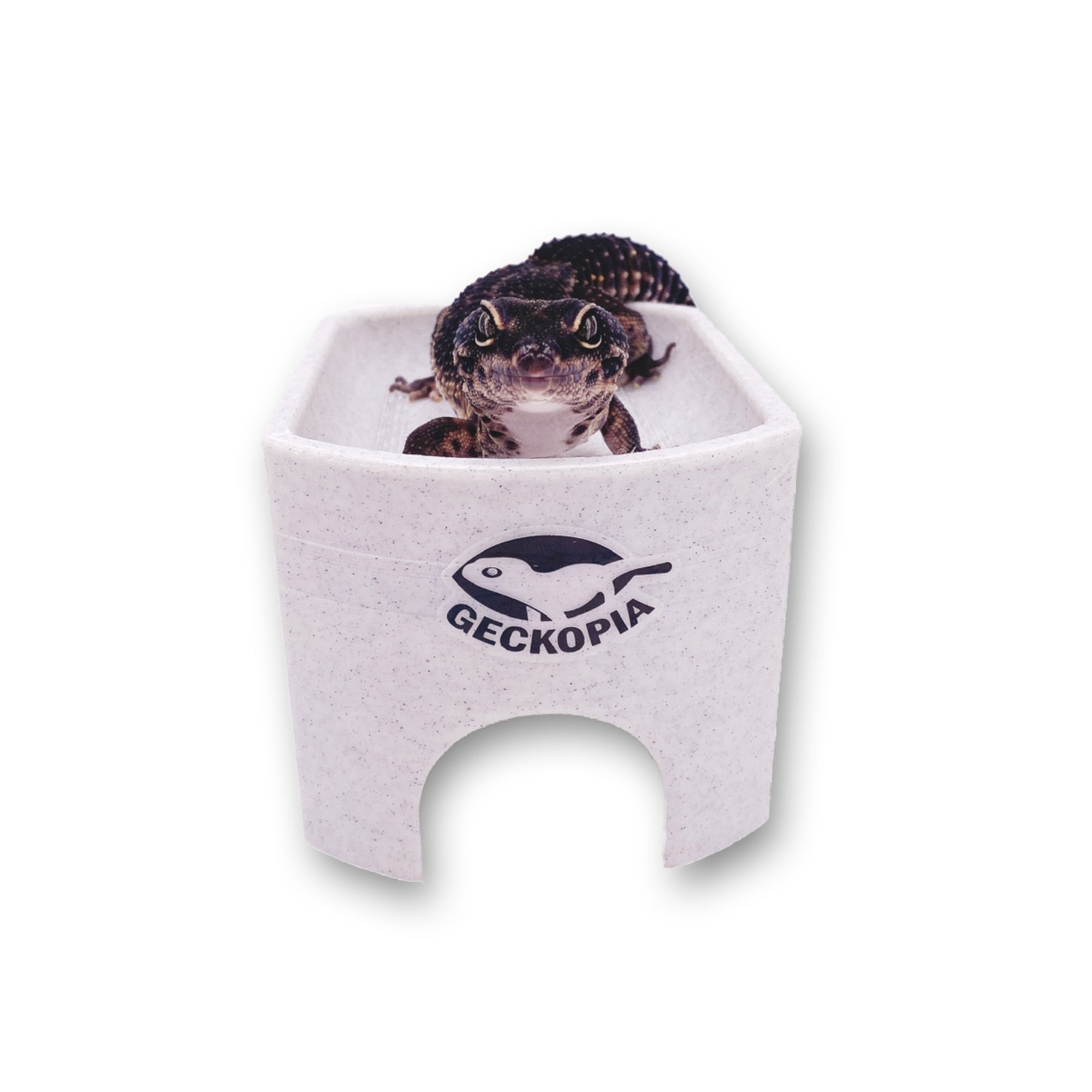
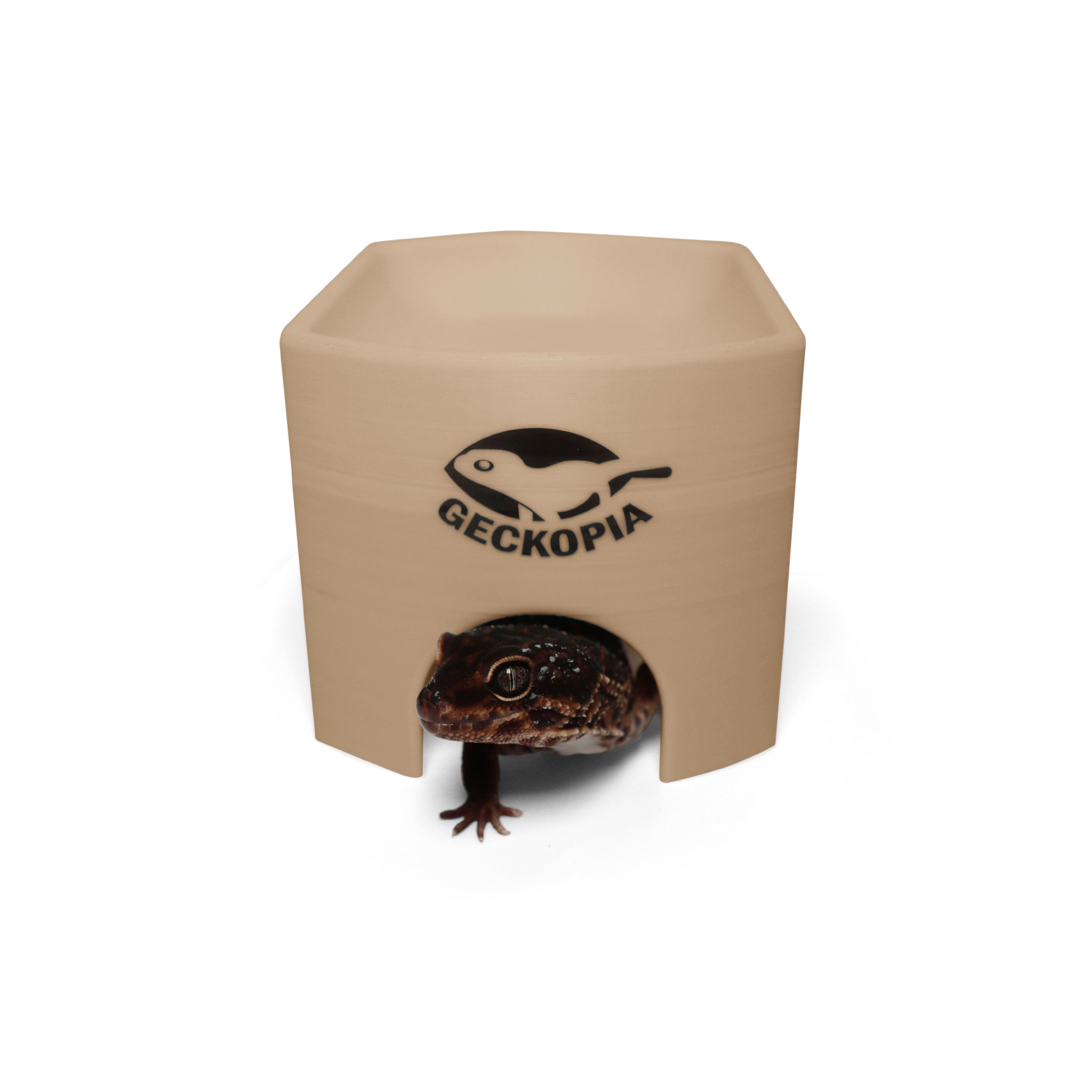
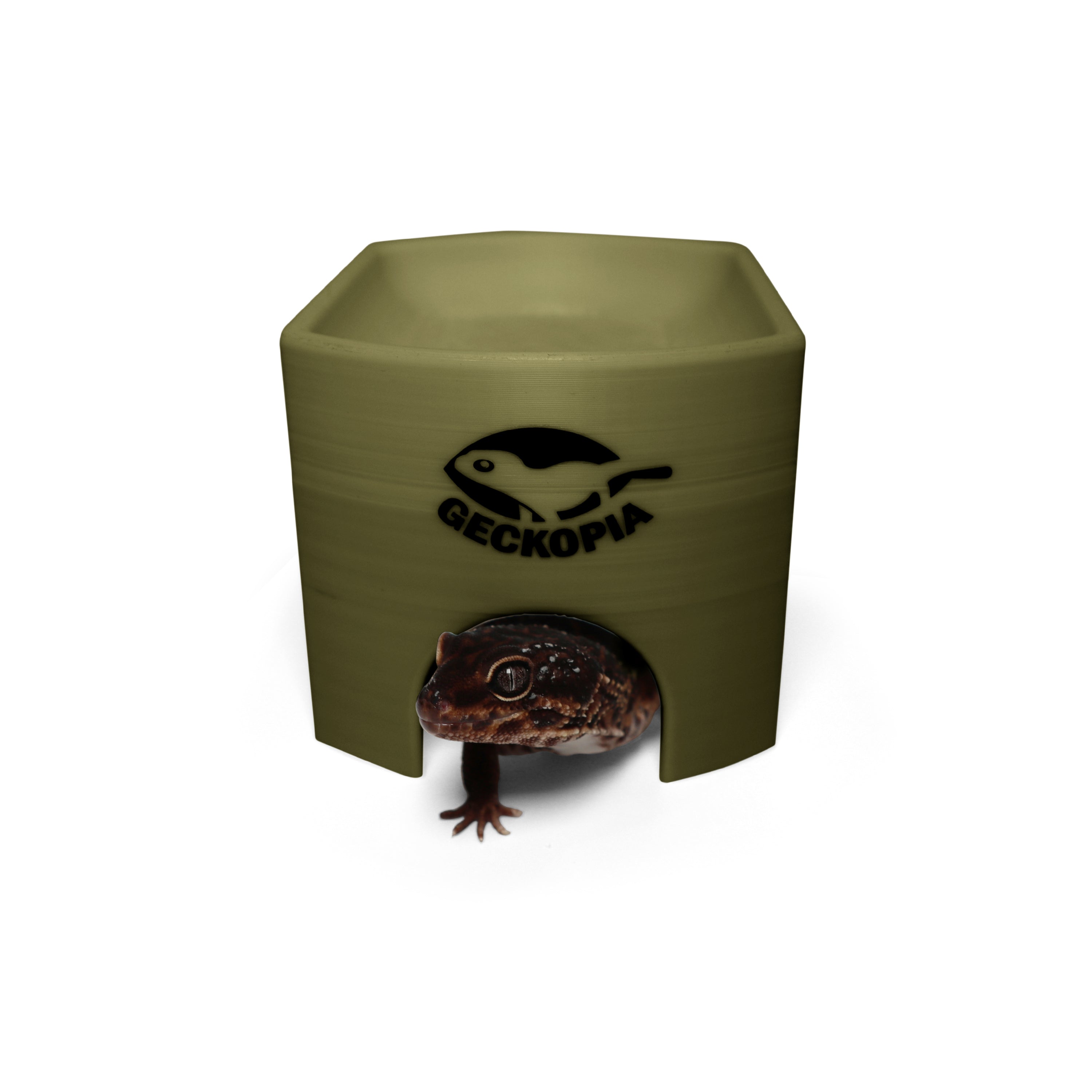
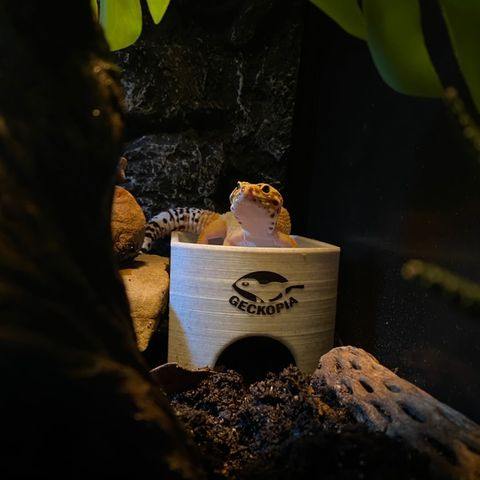
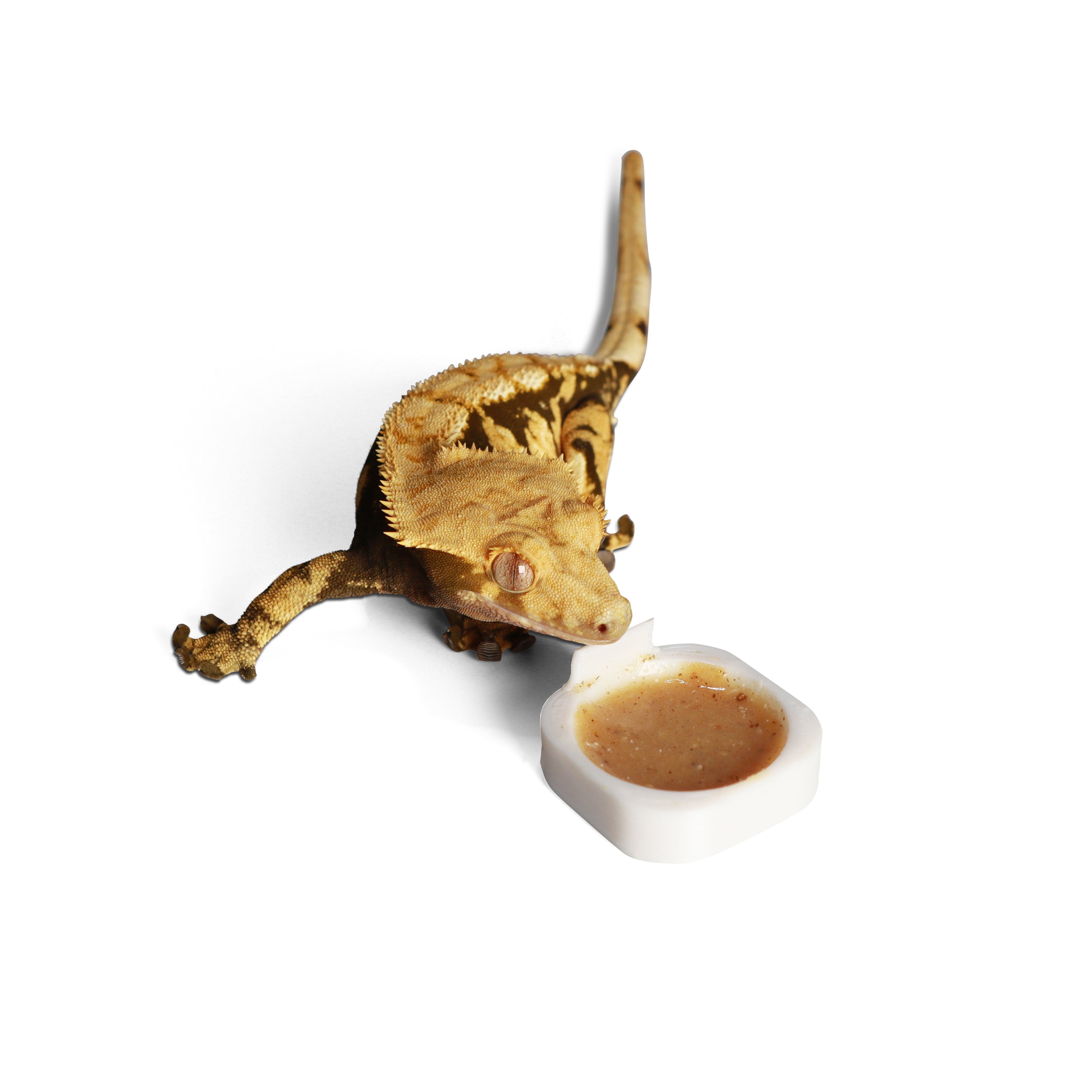
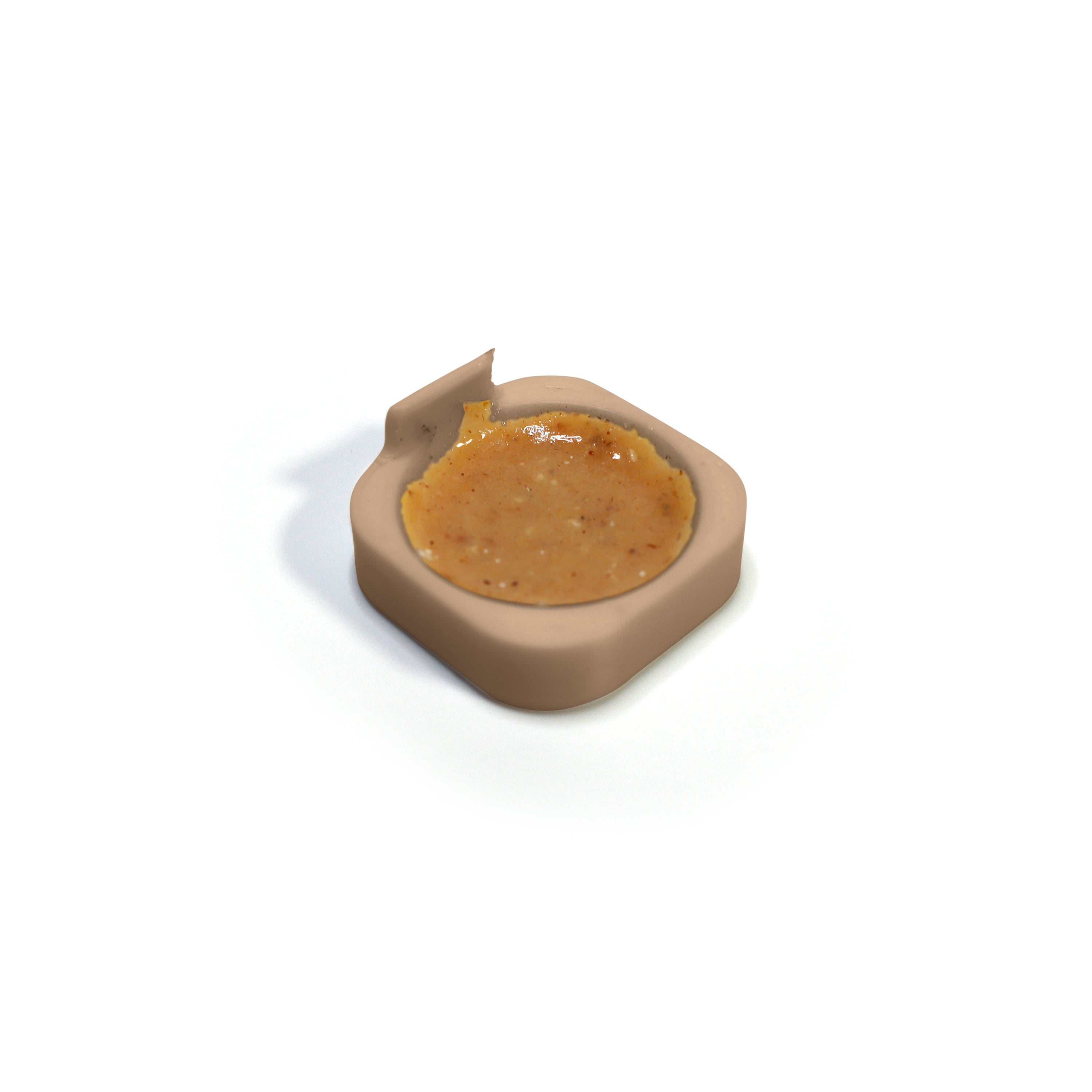
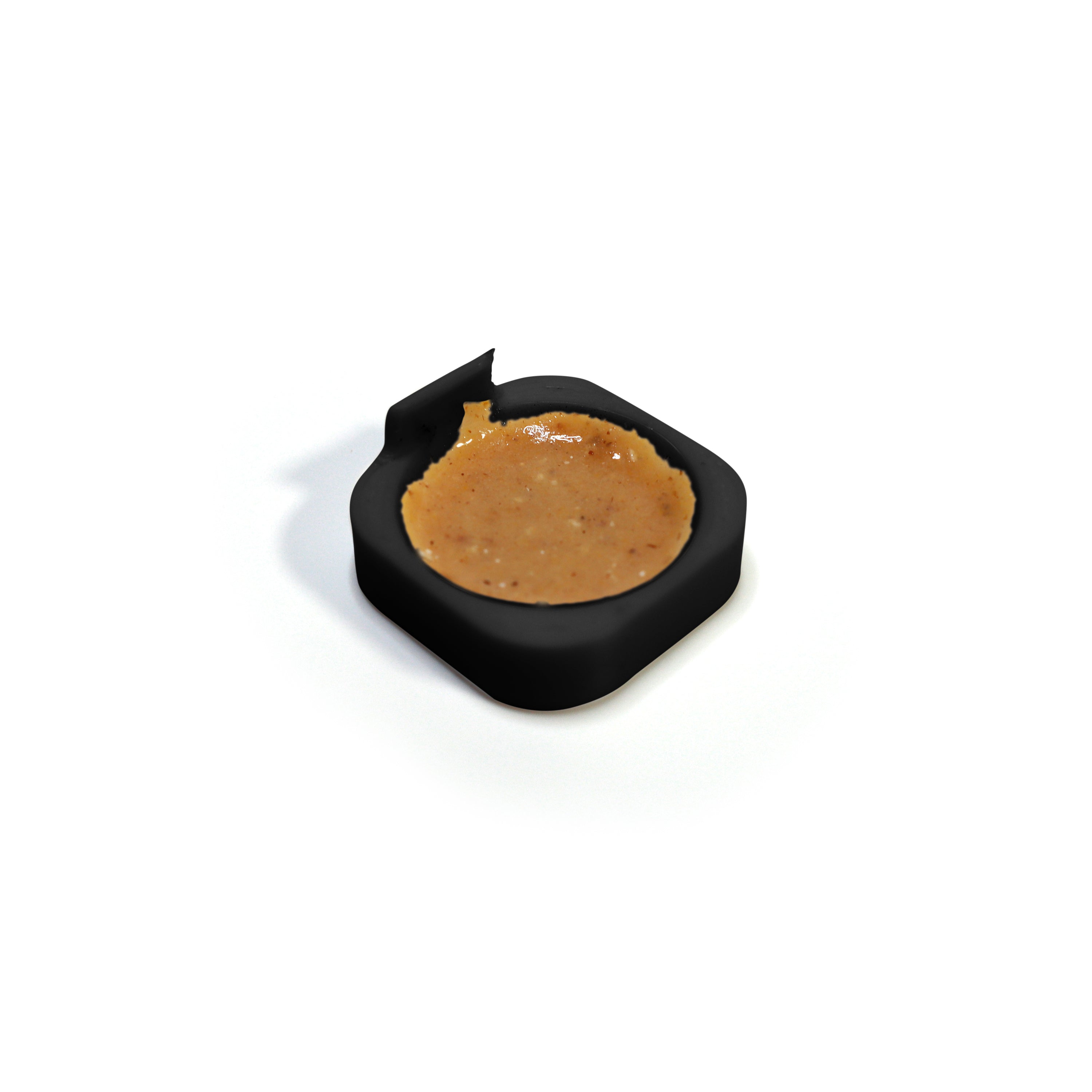





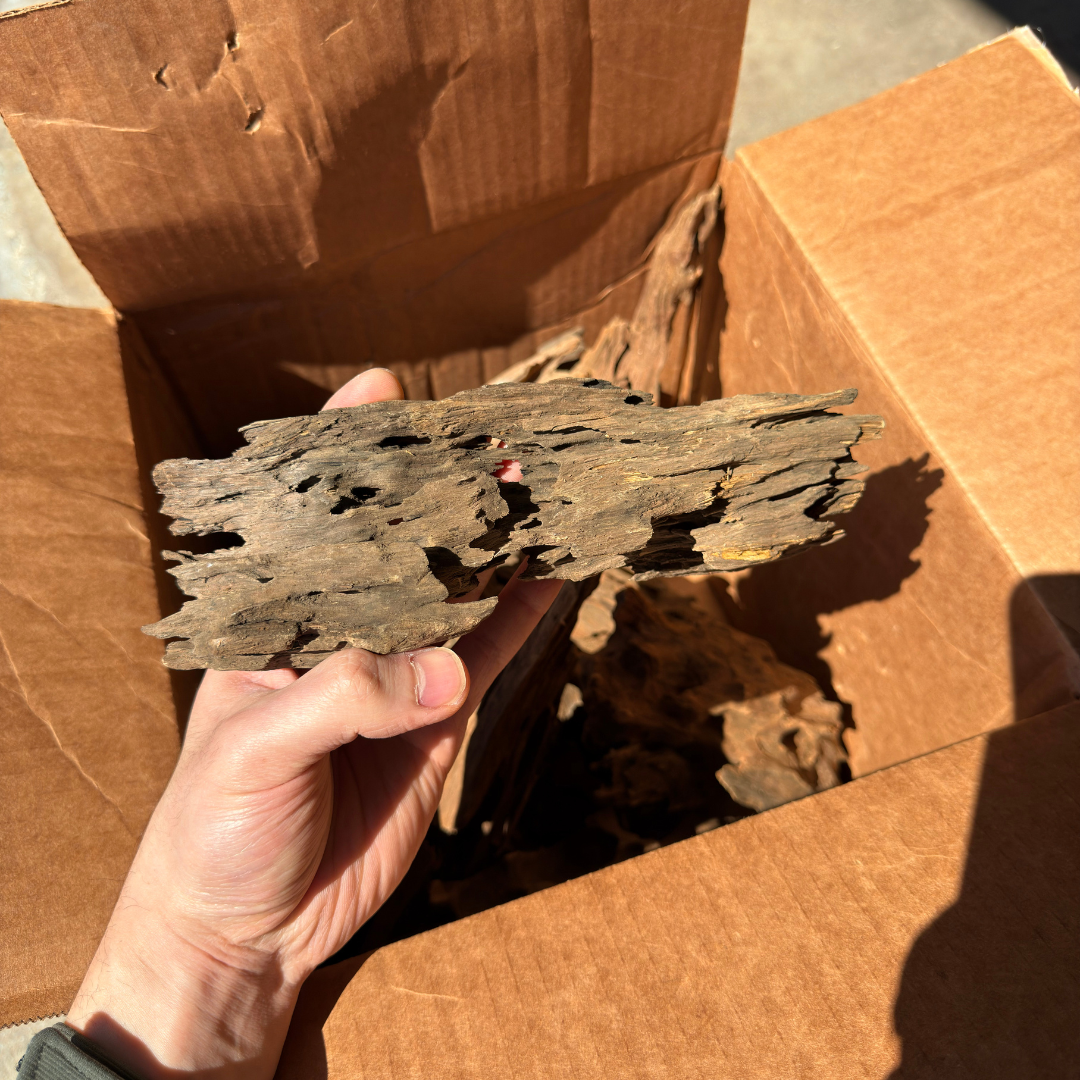



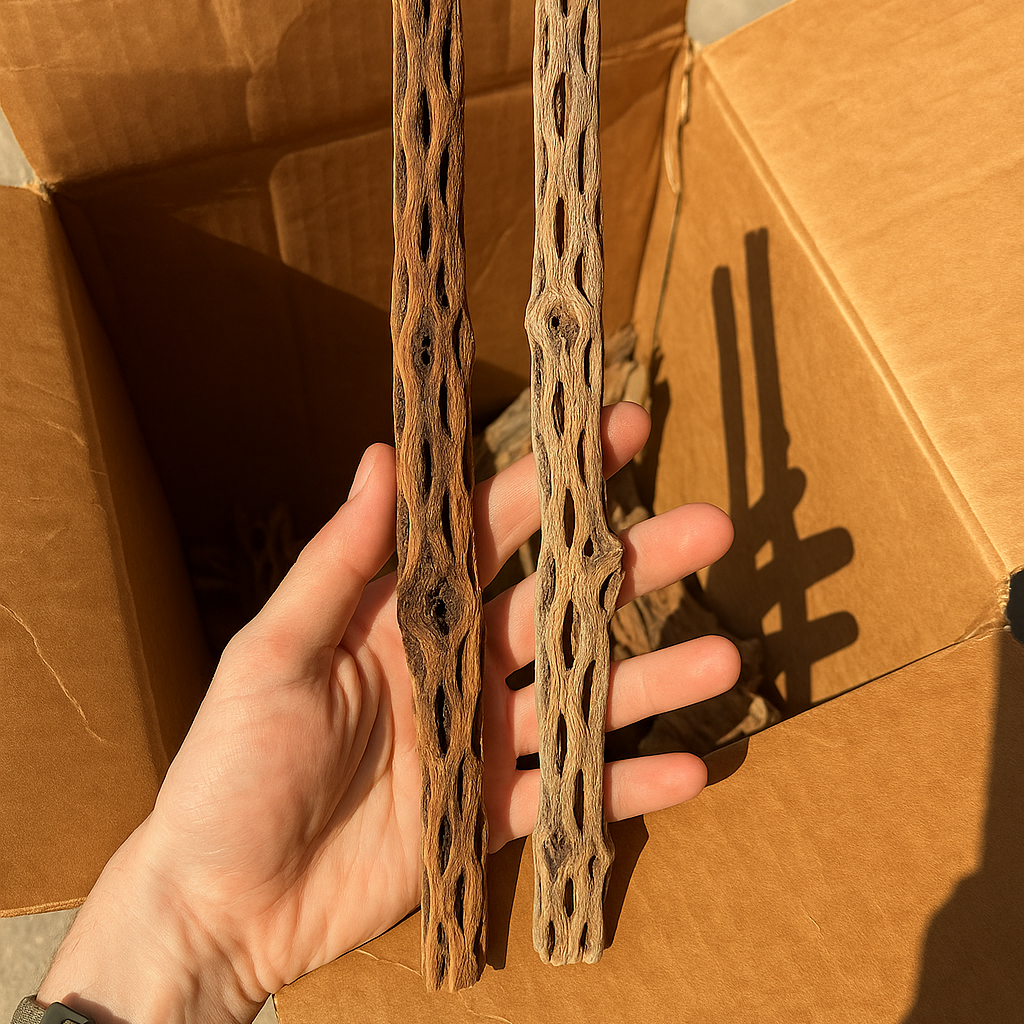
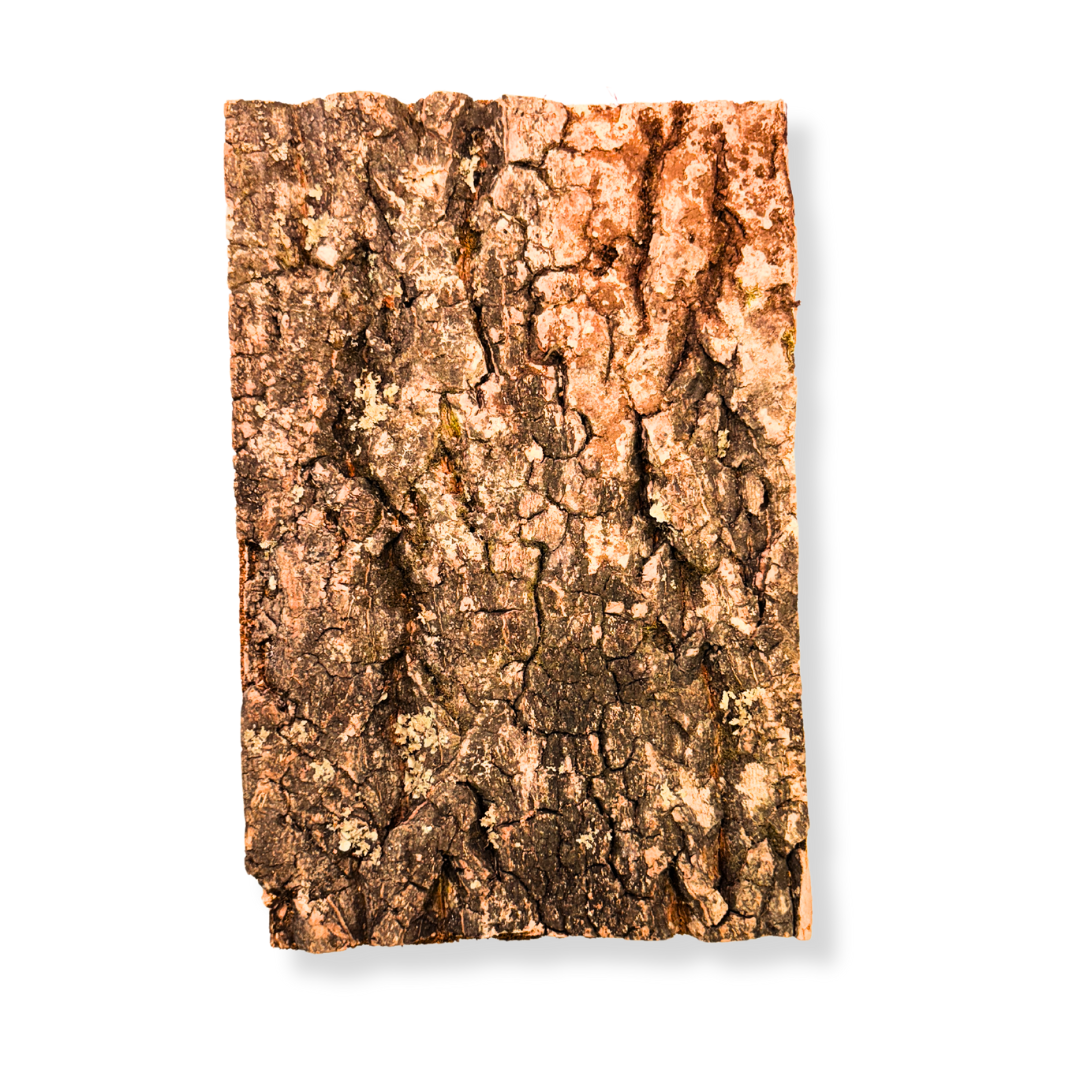



Leave a comment